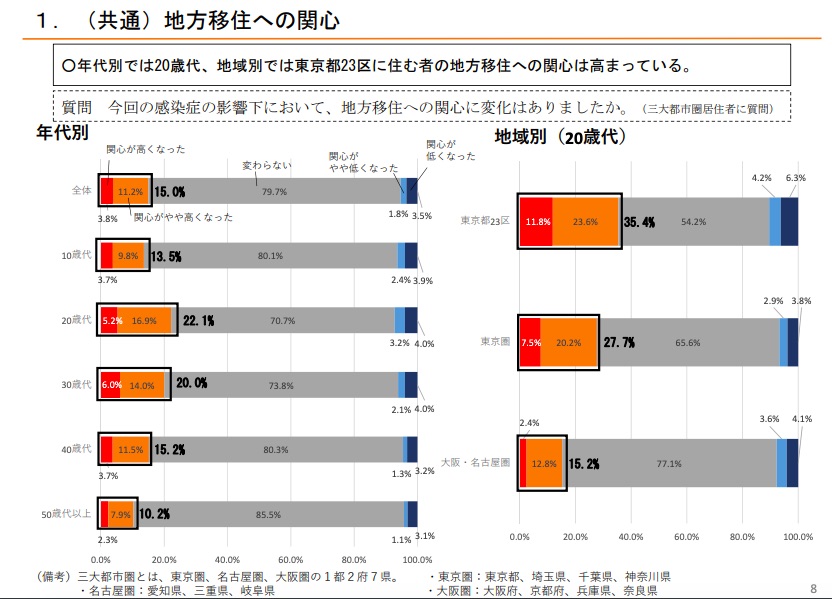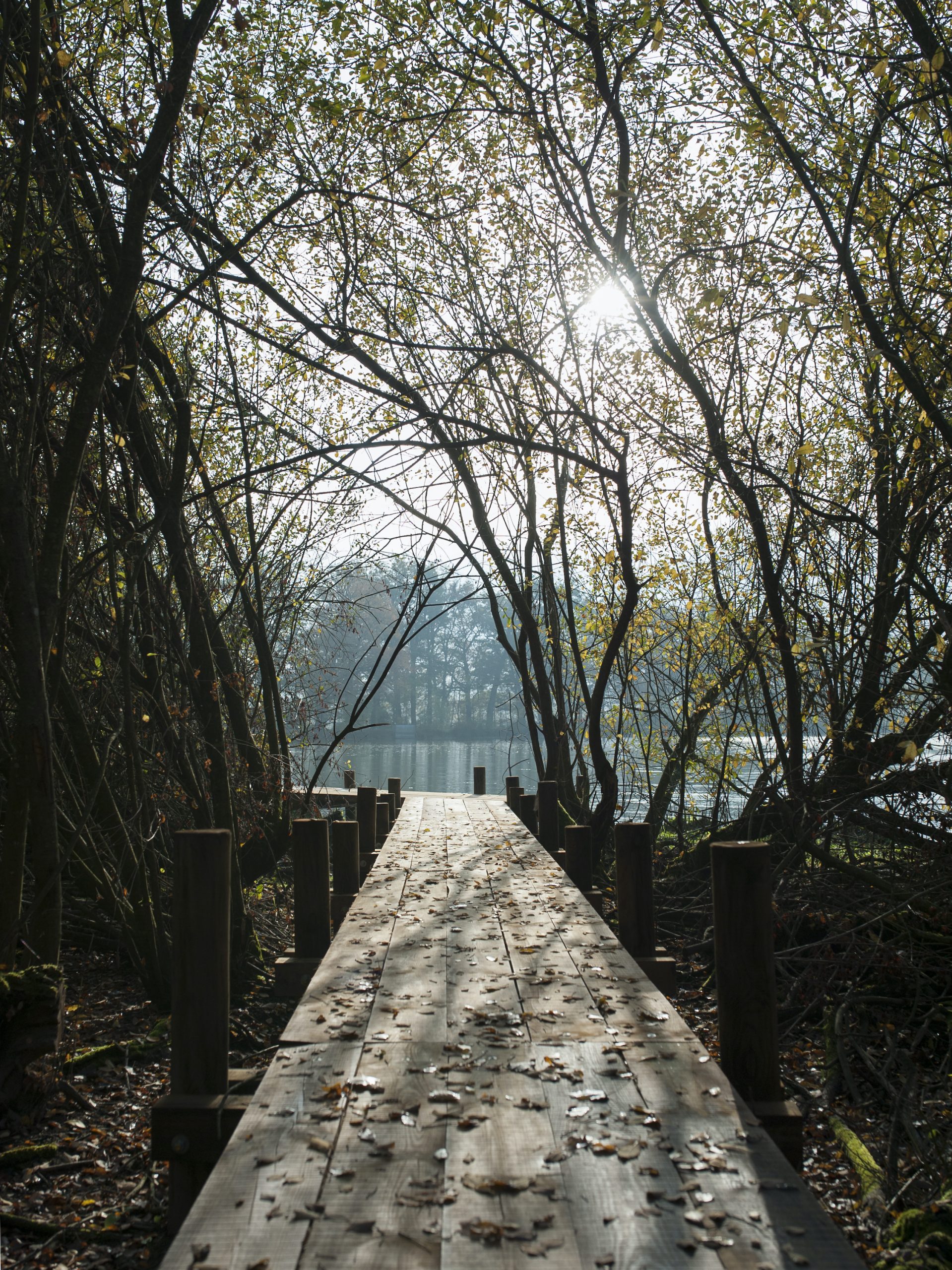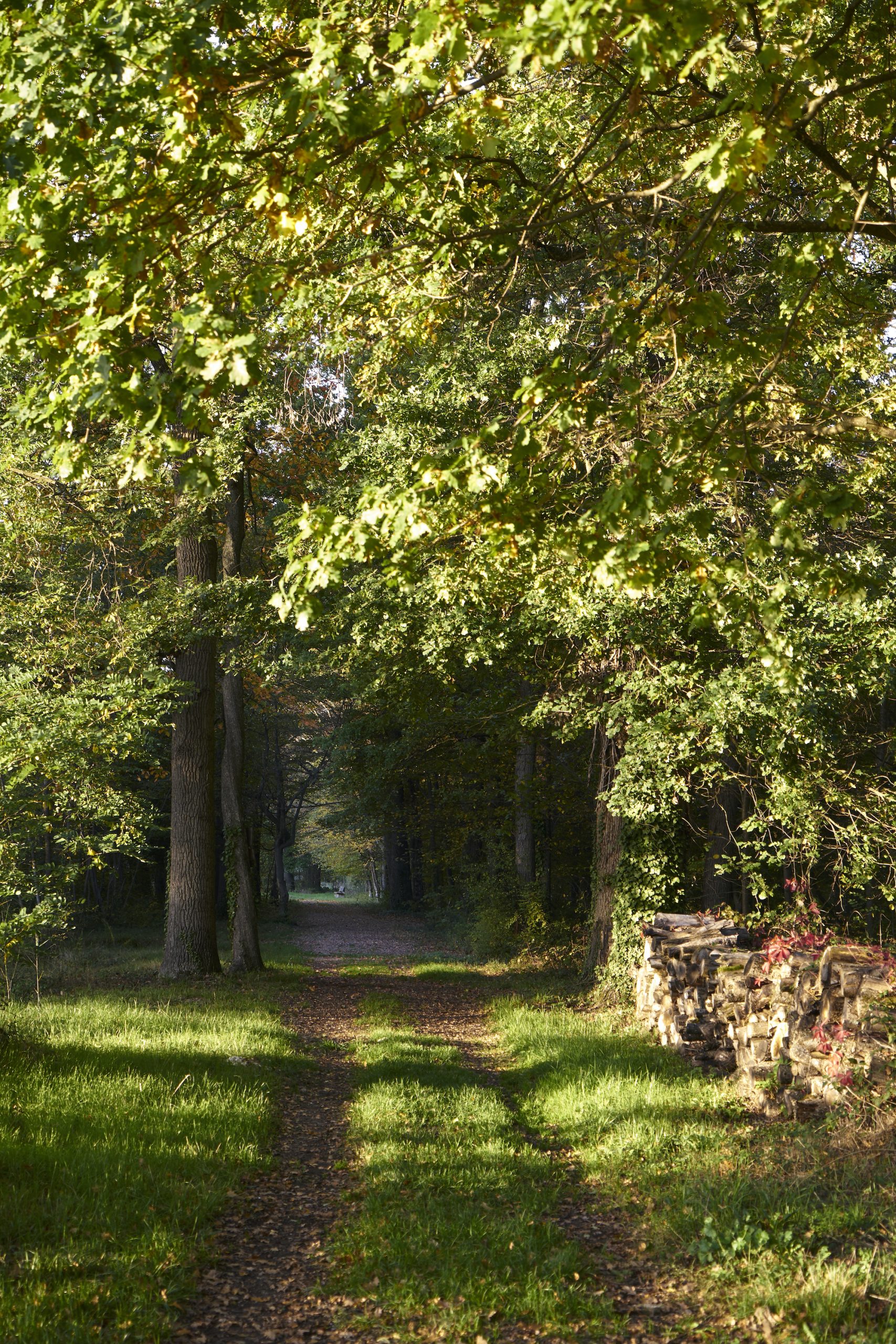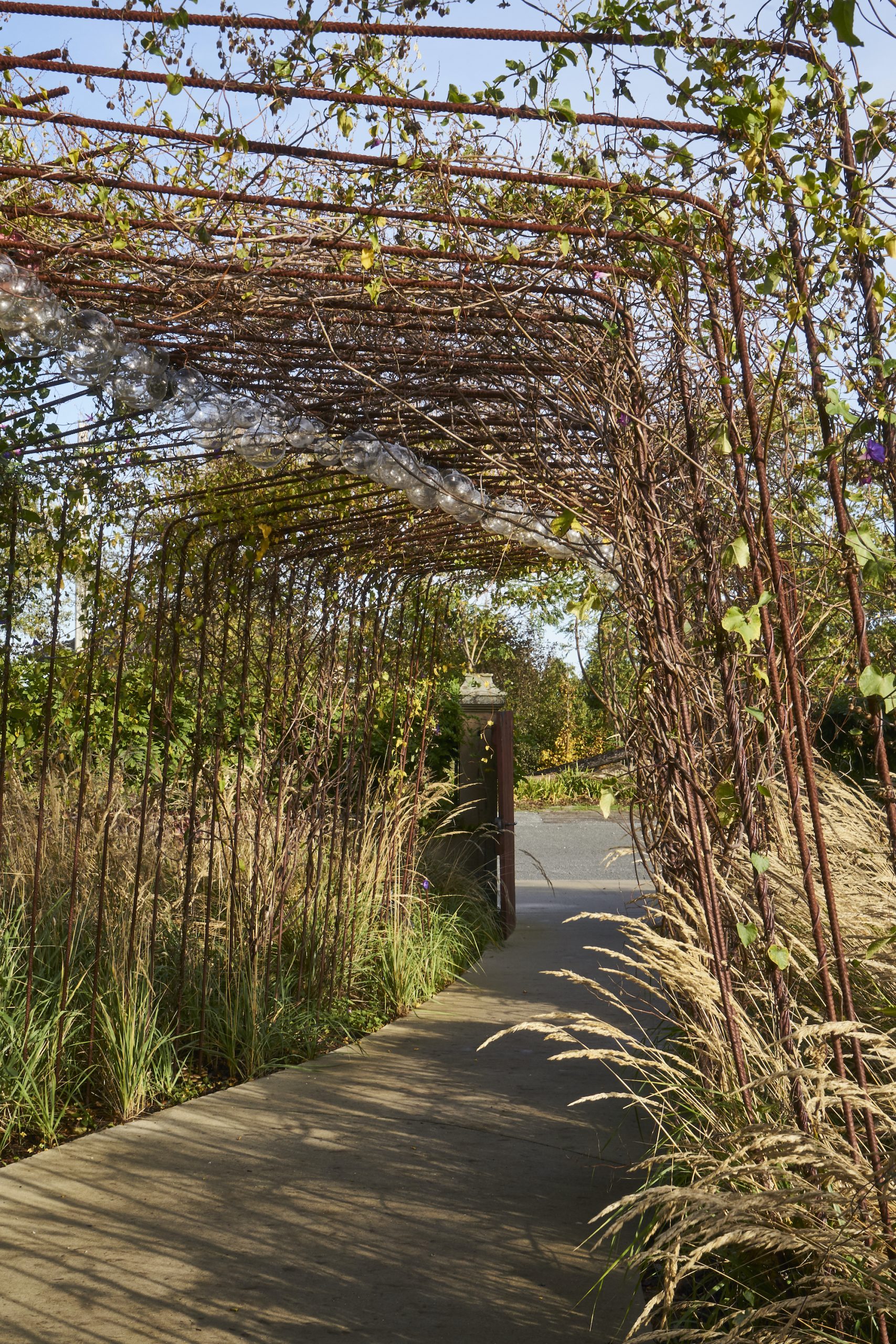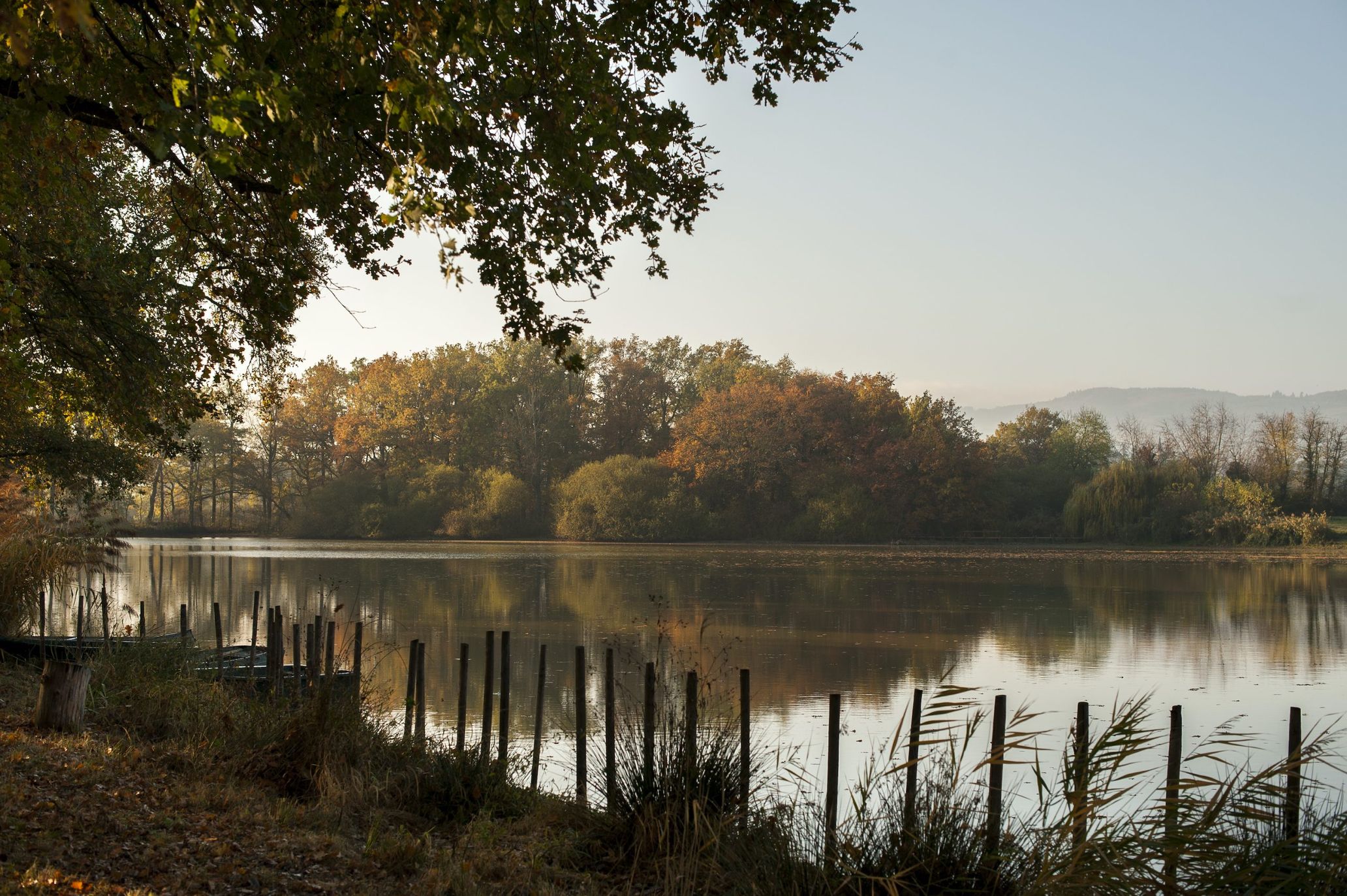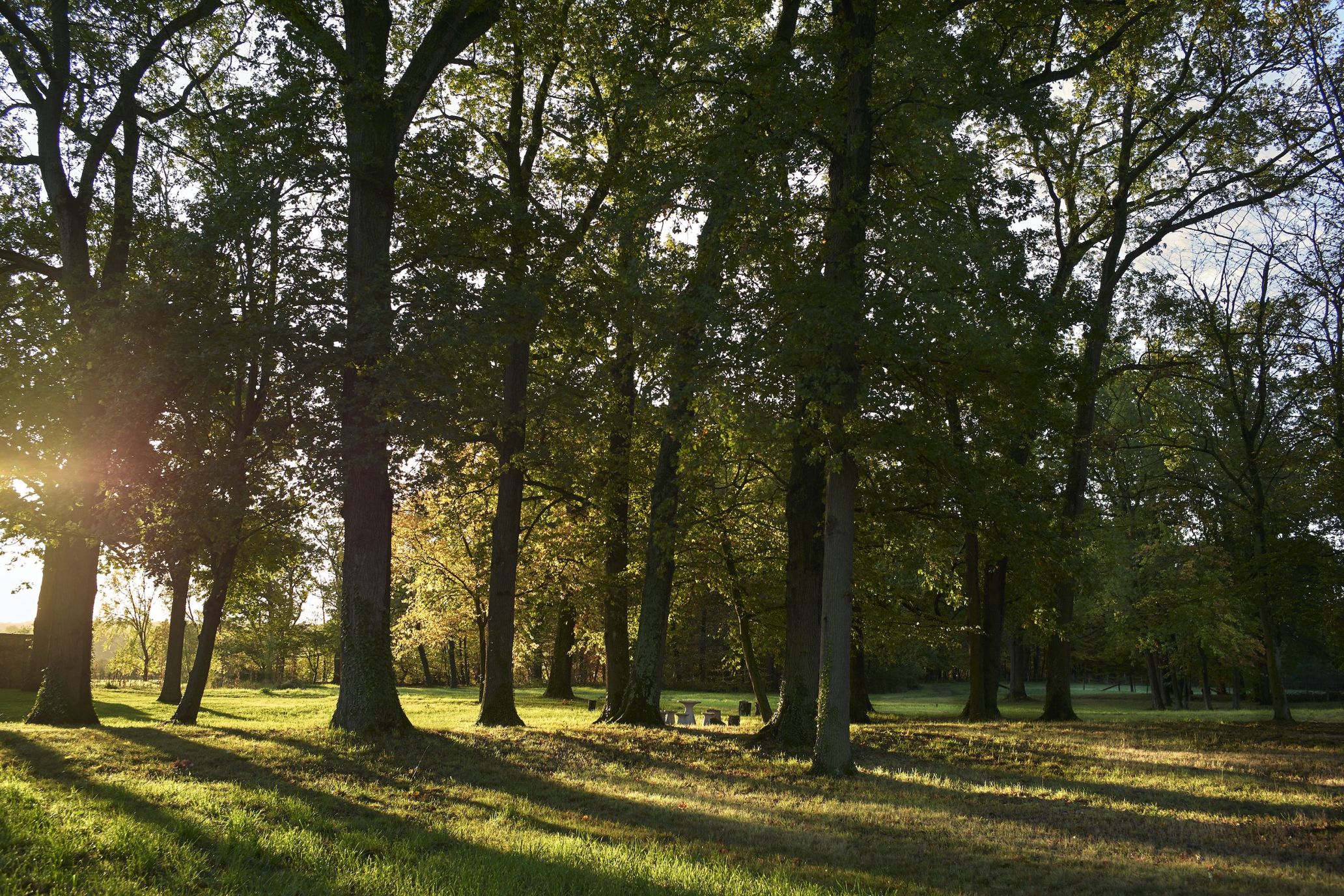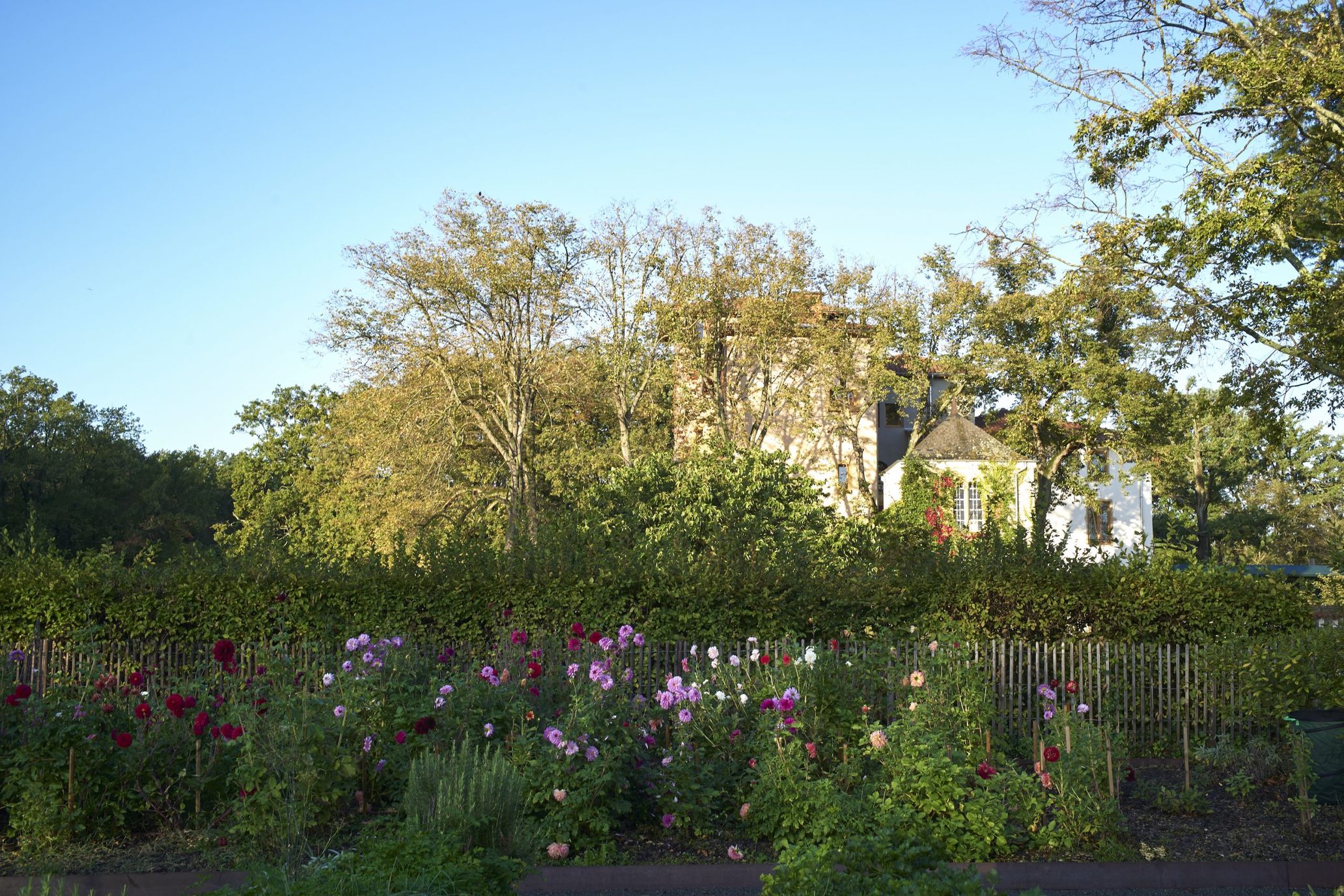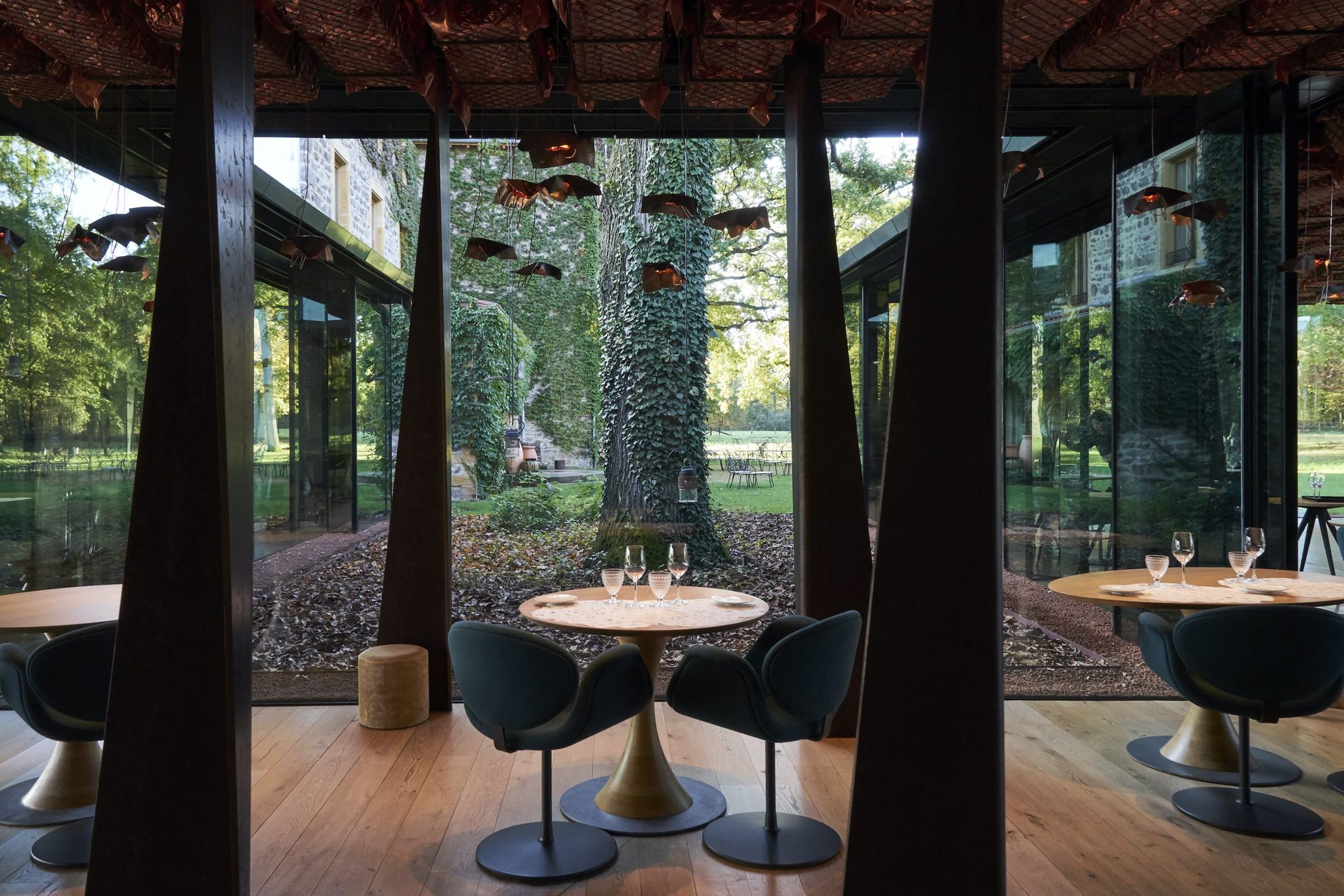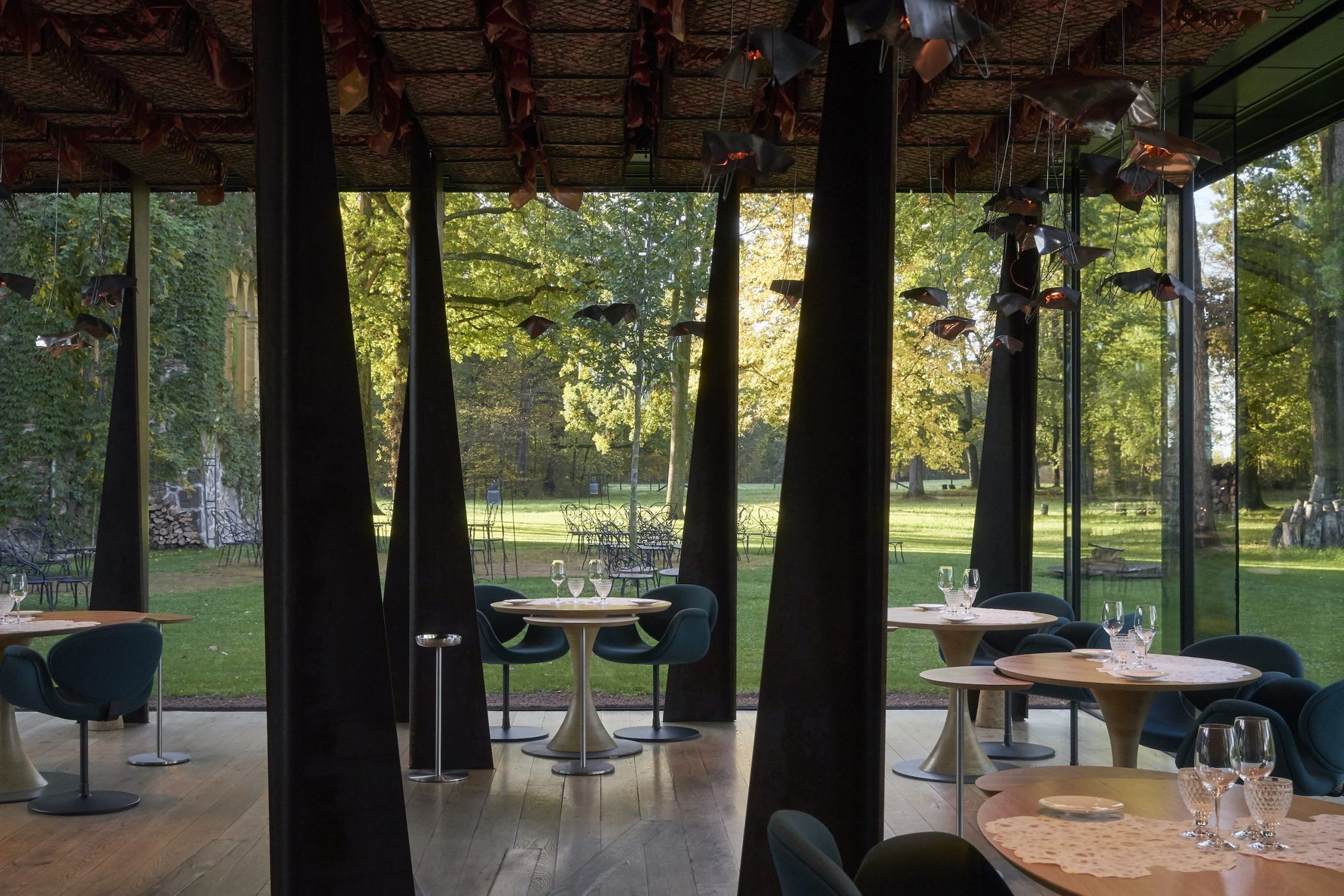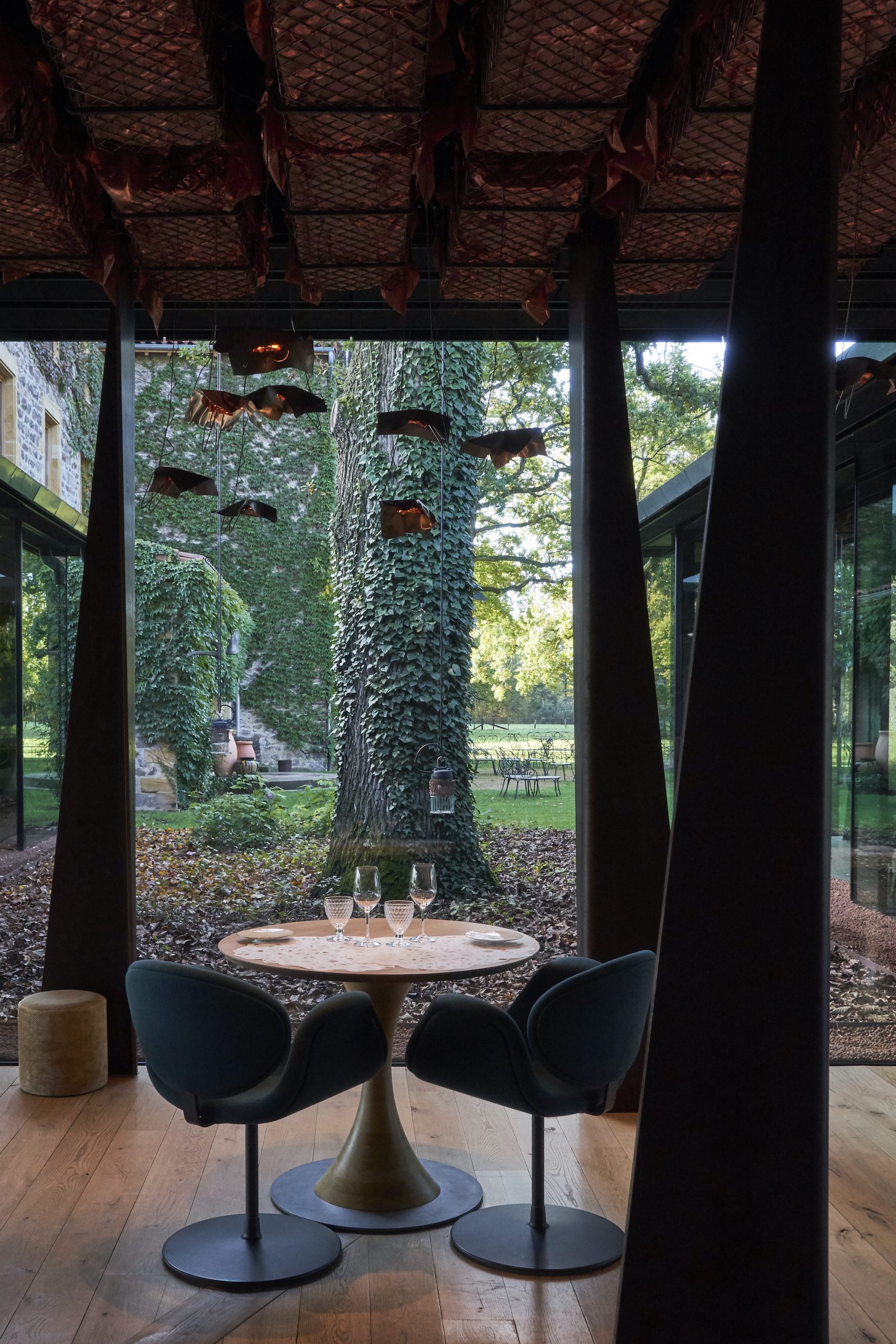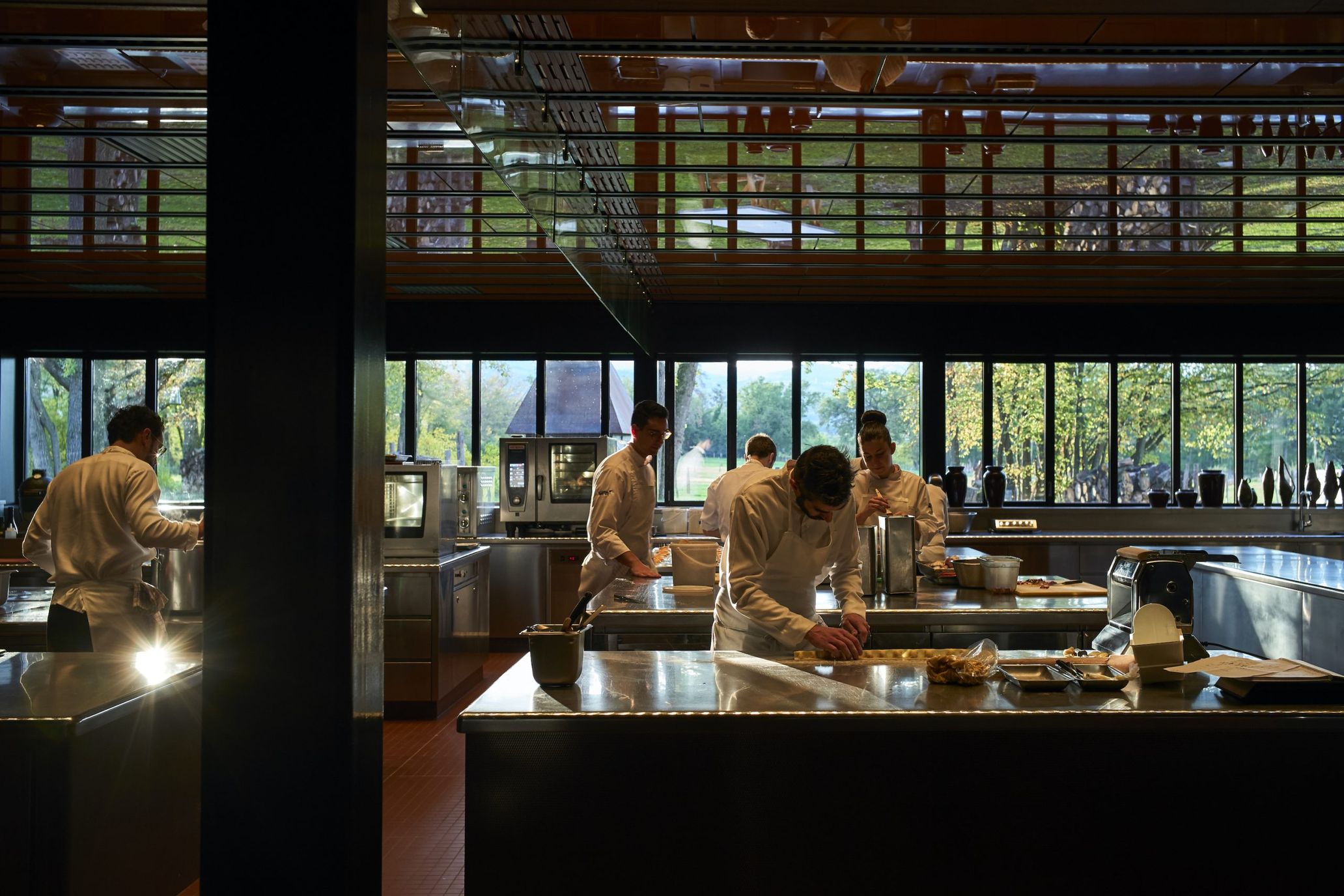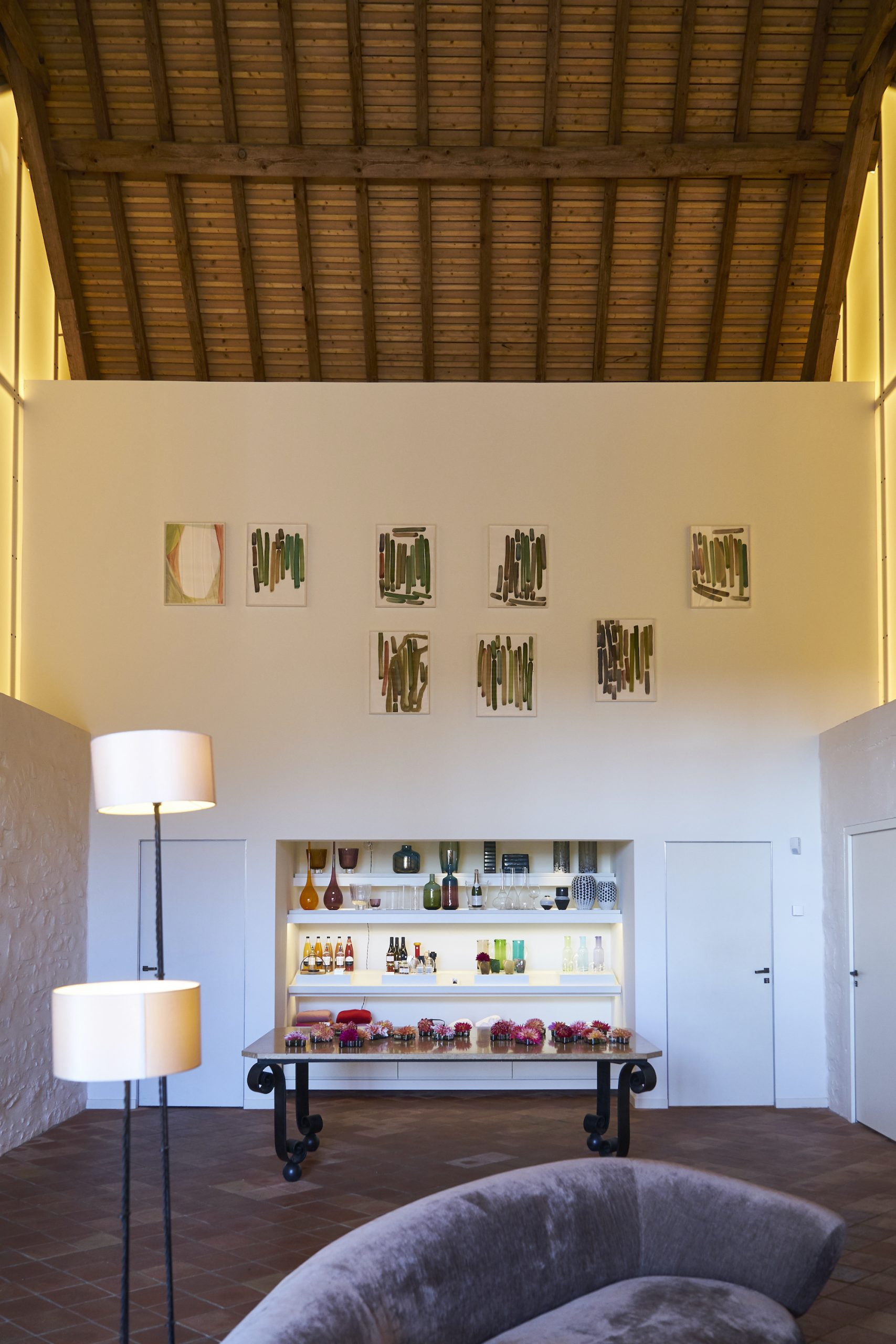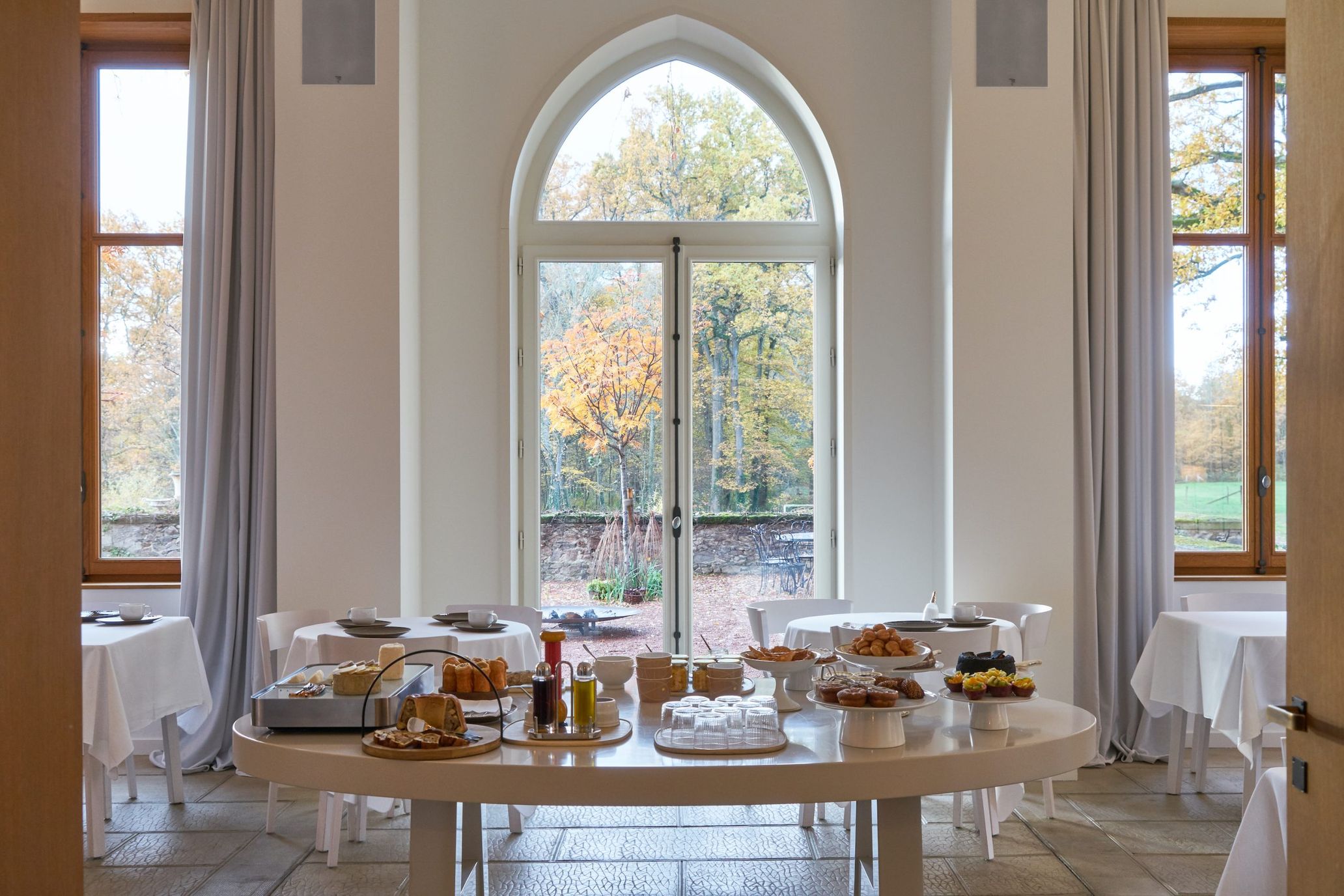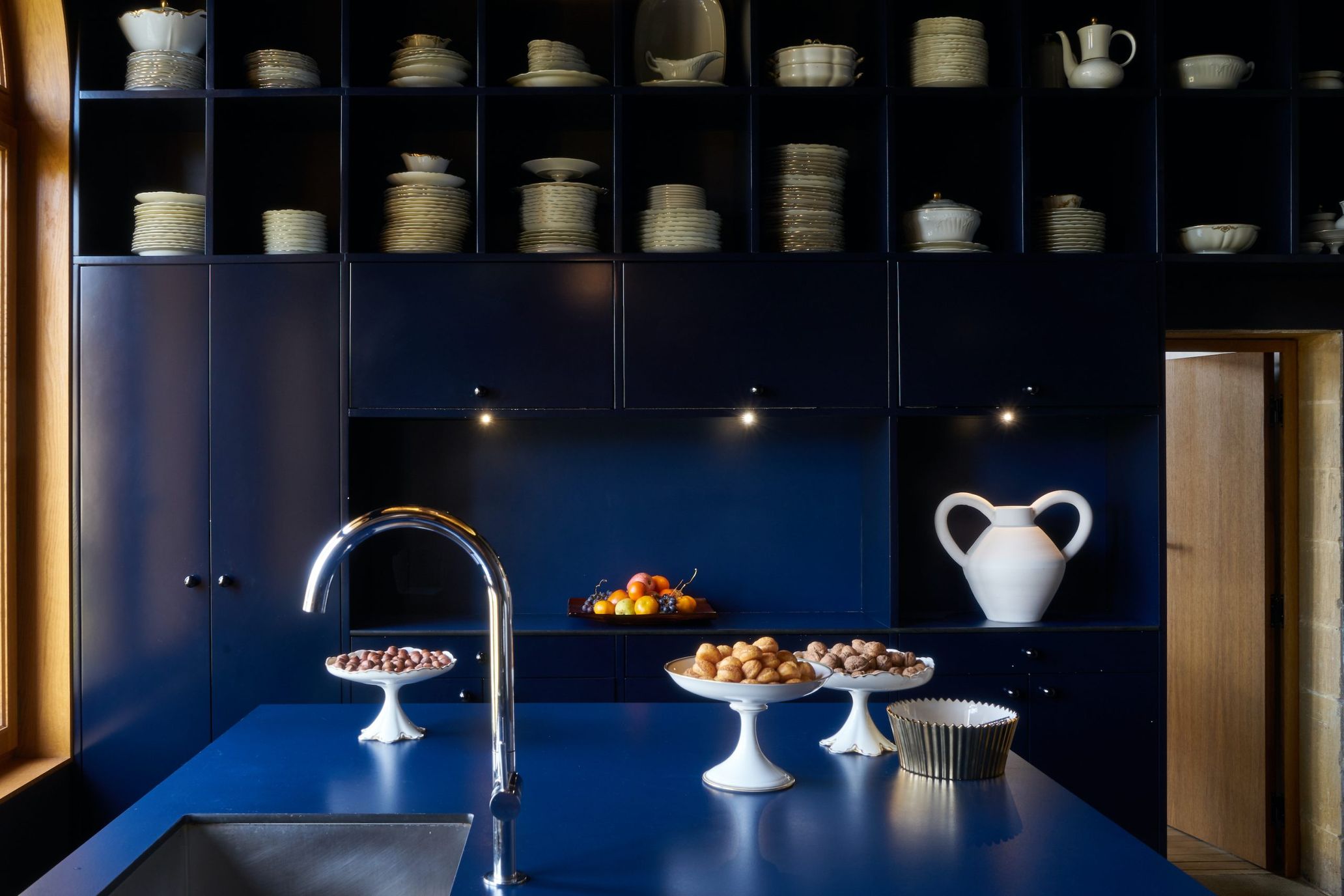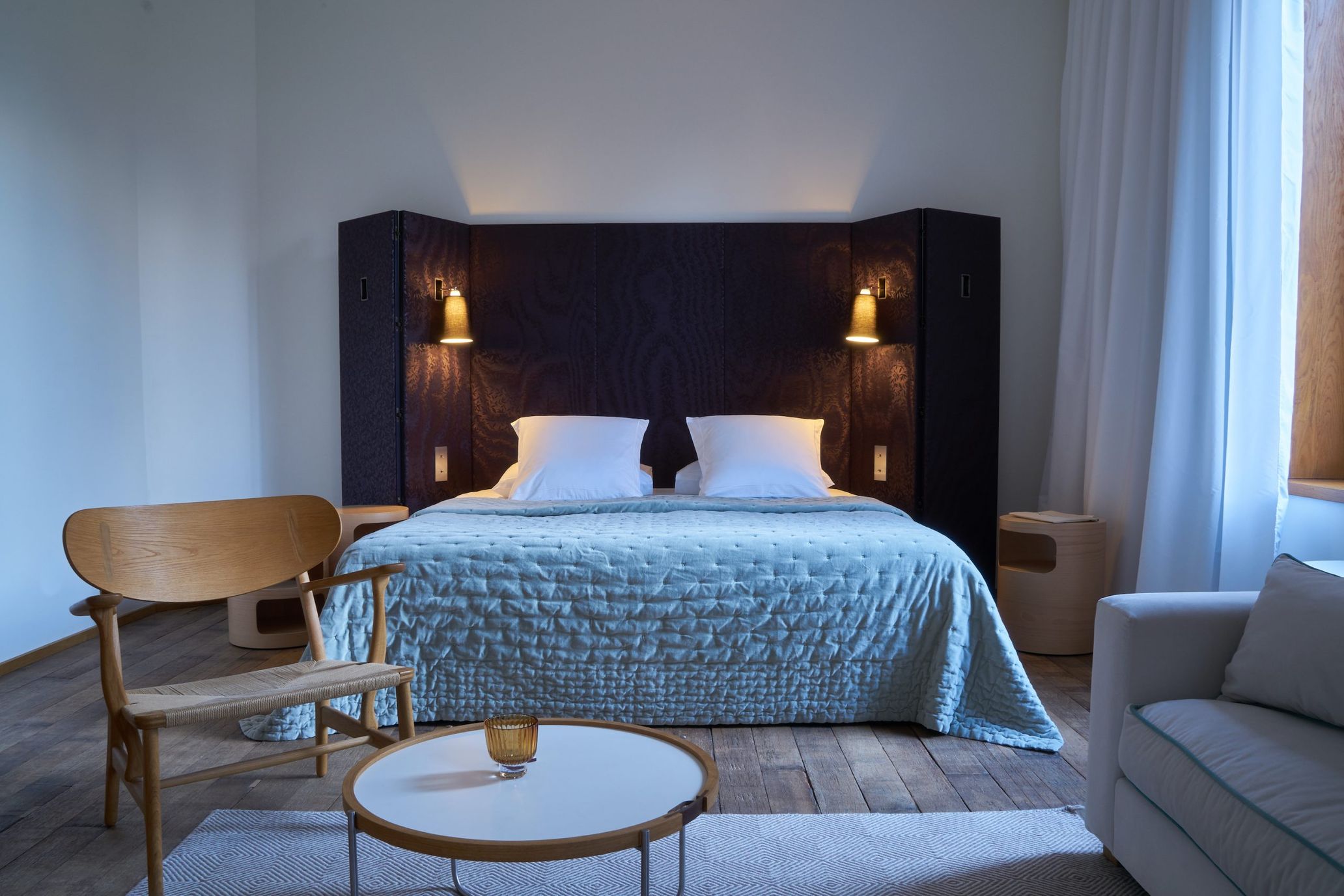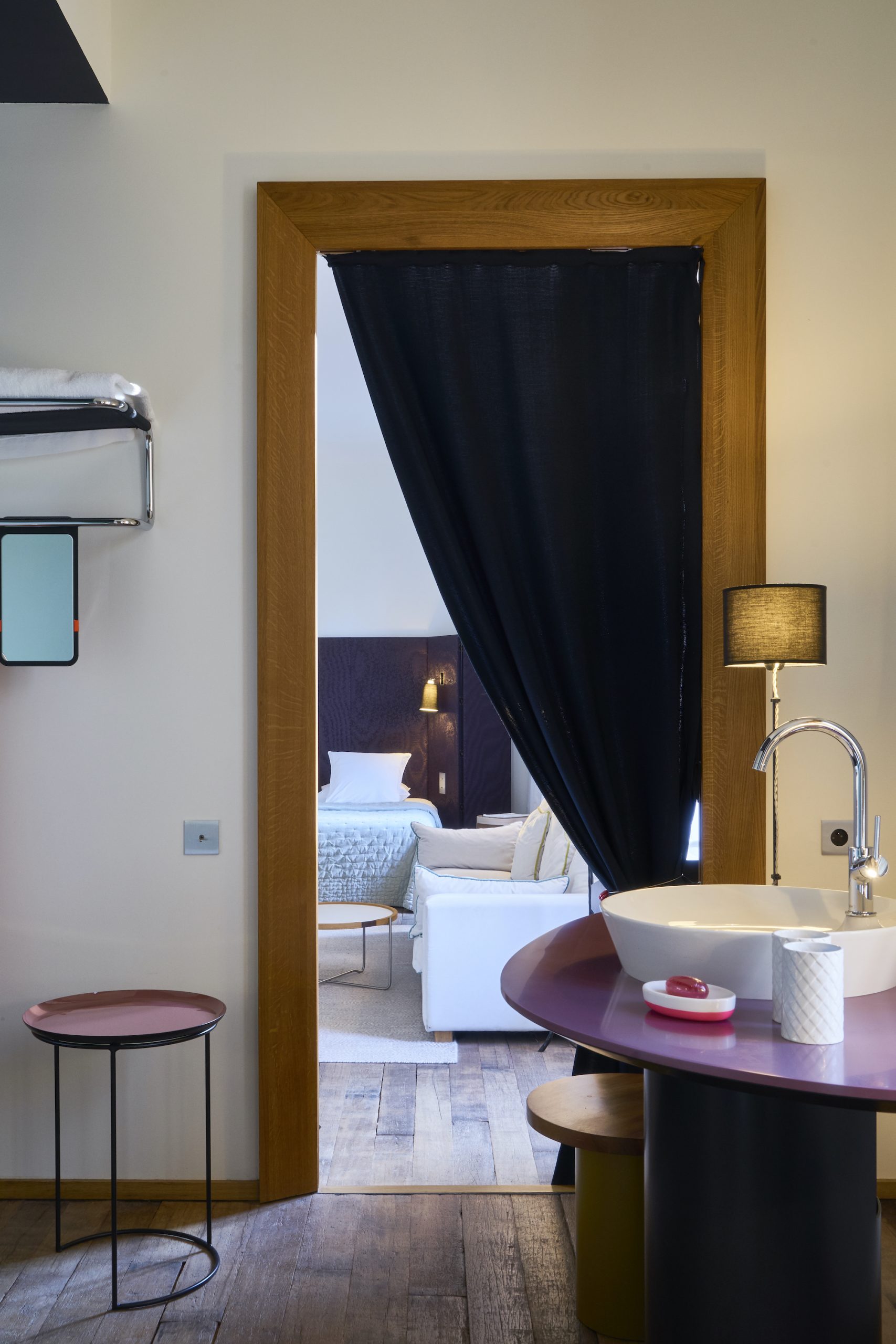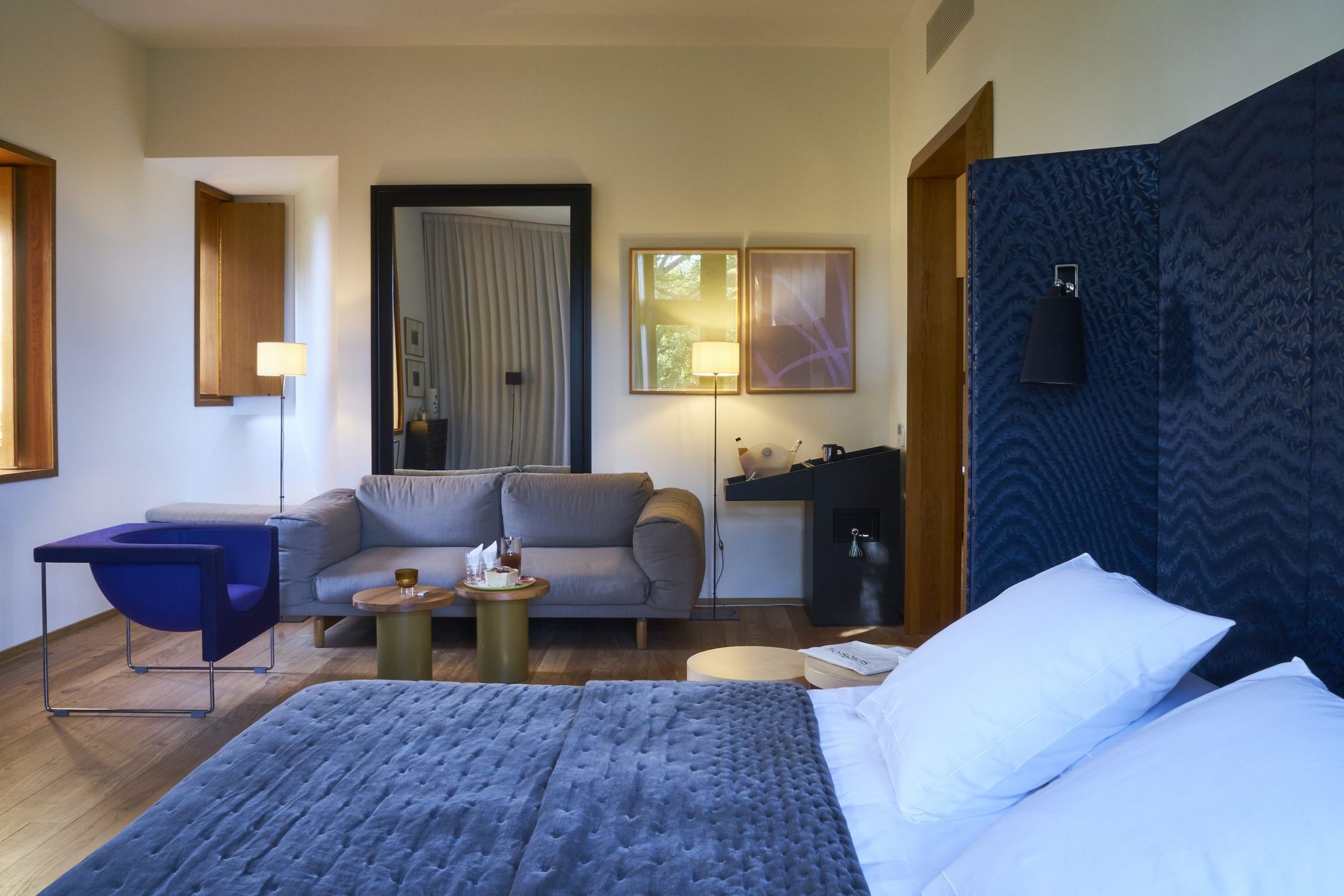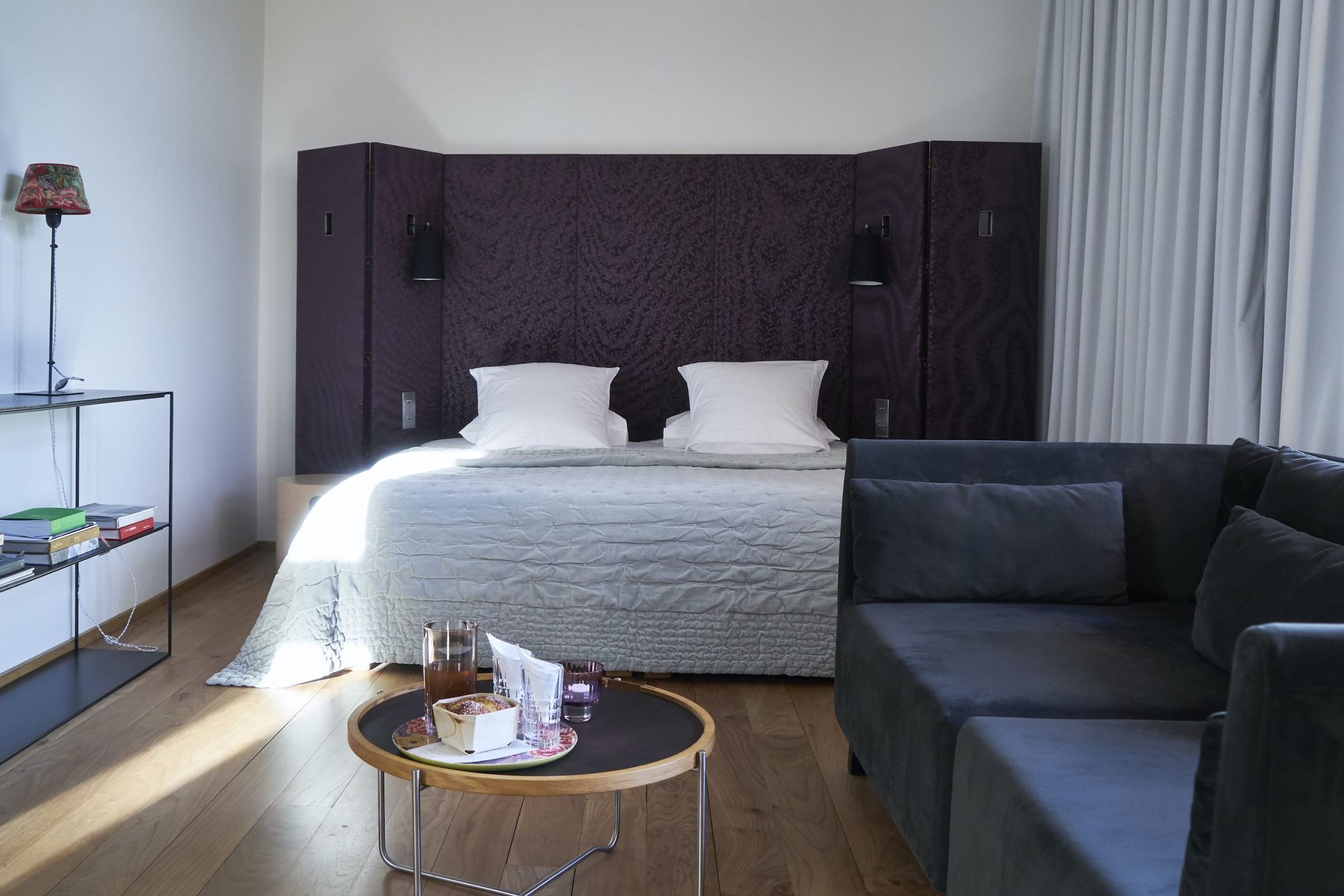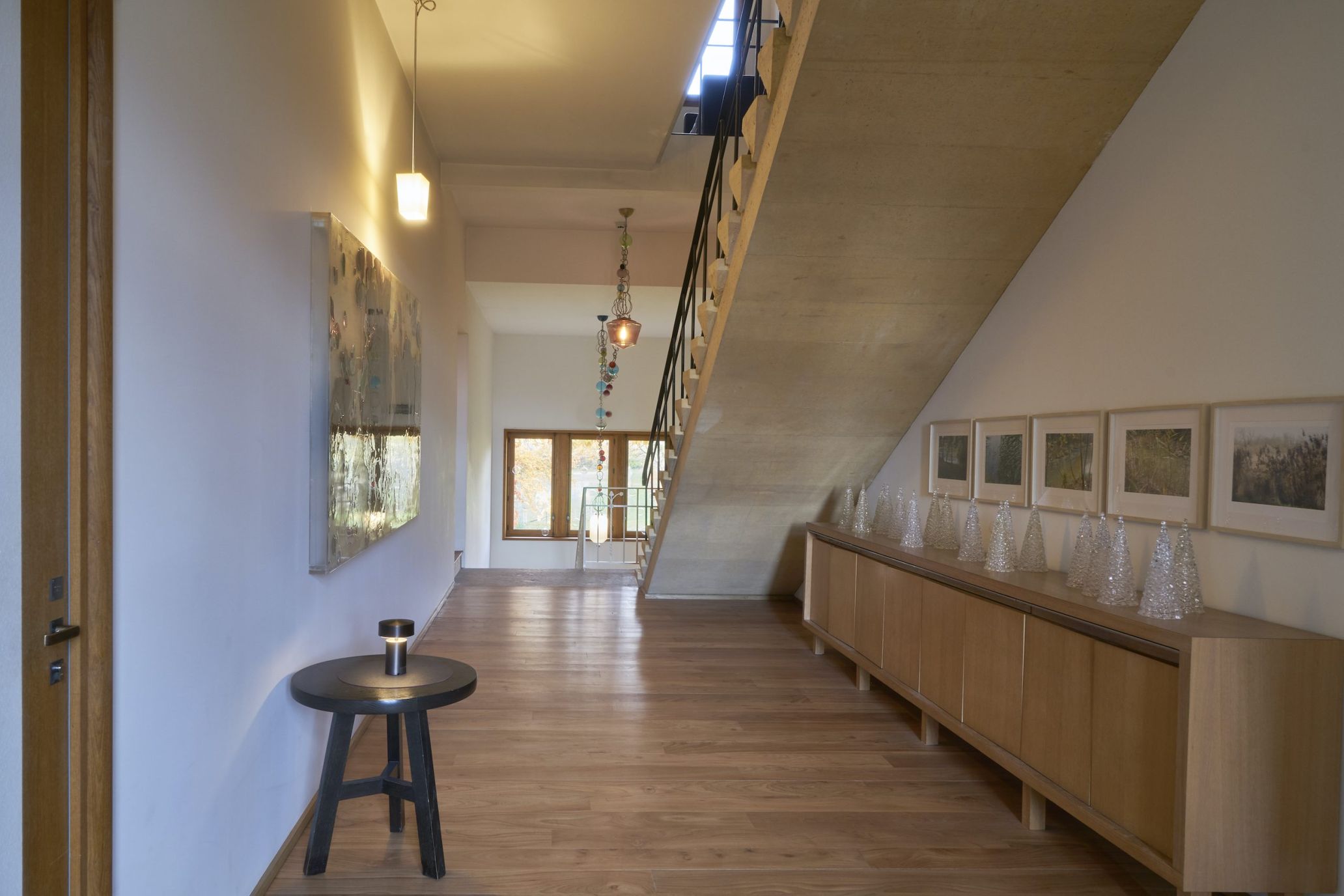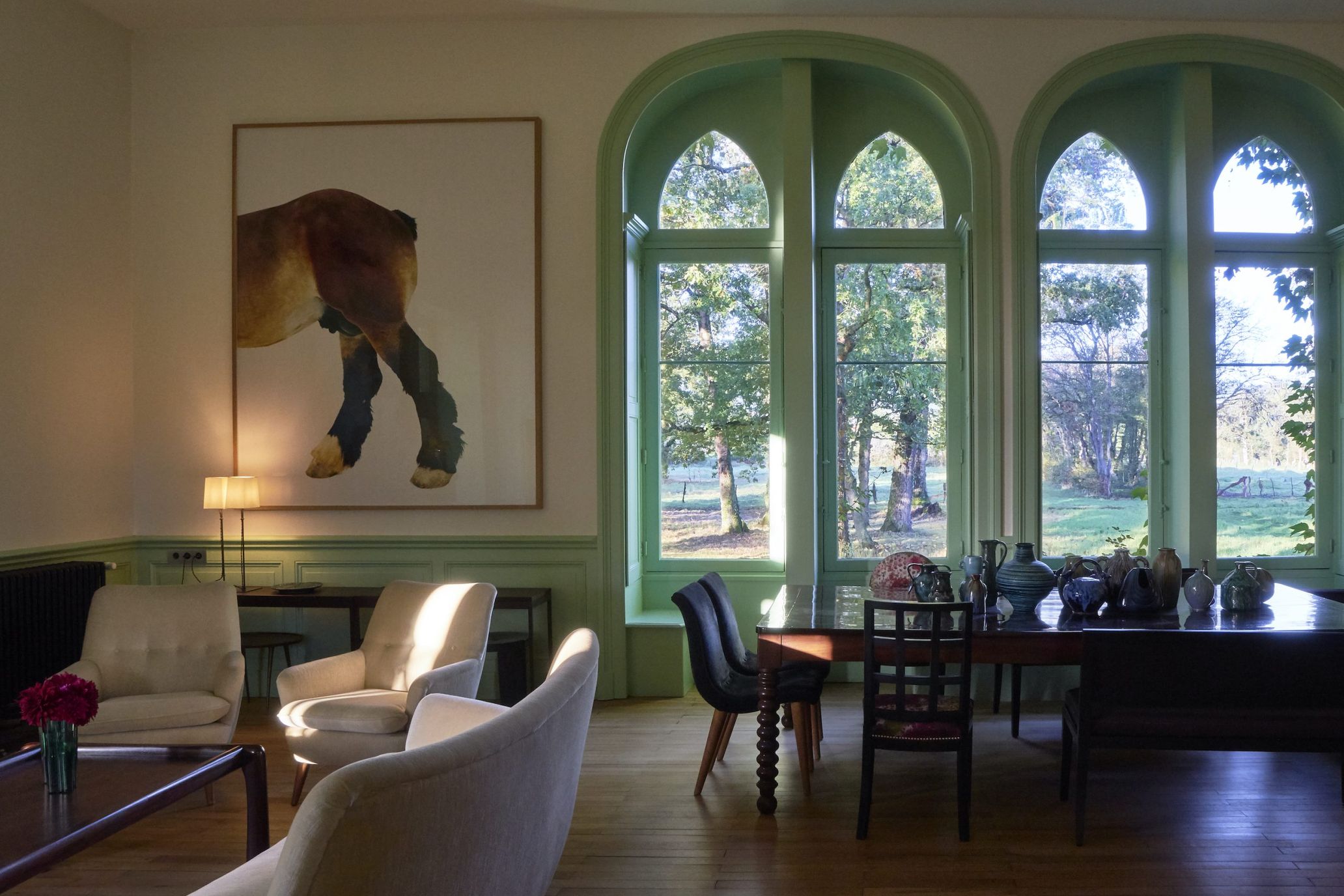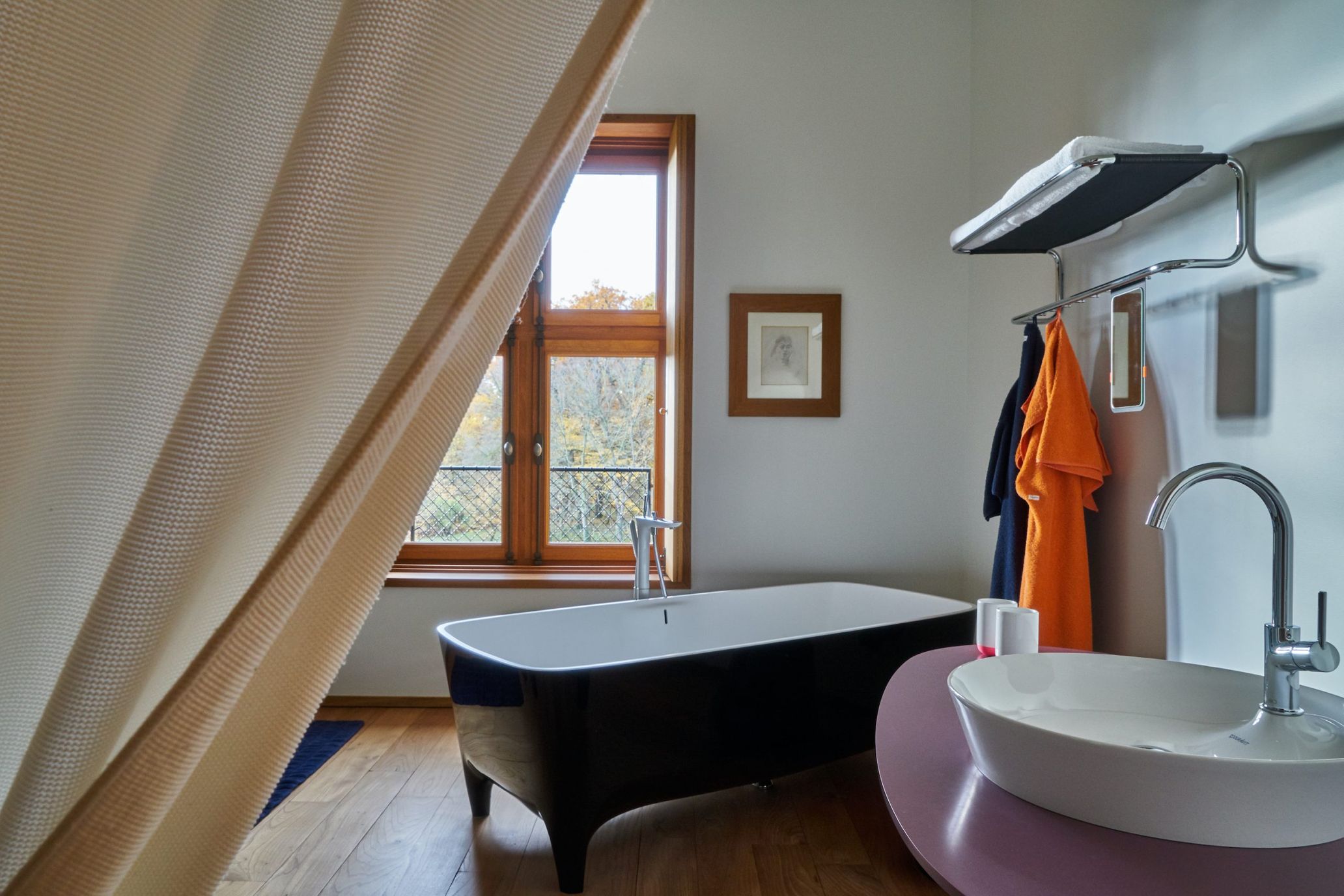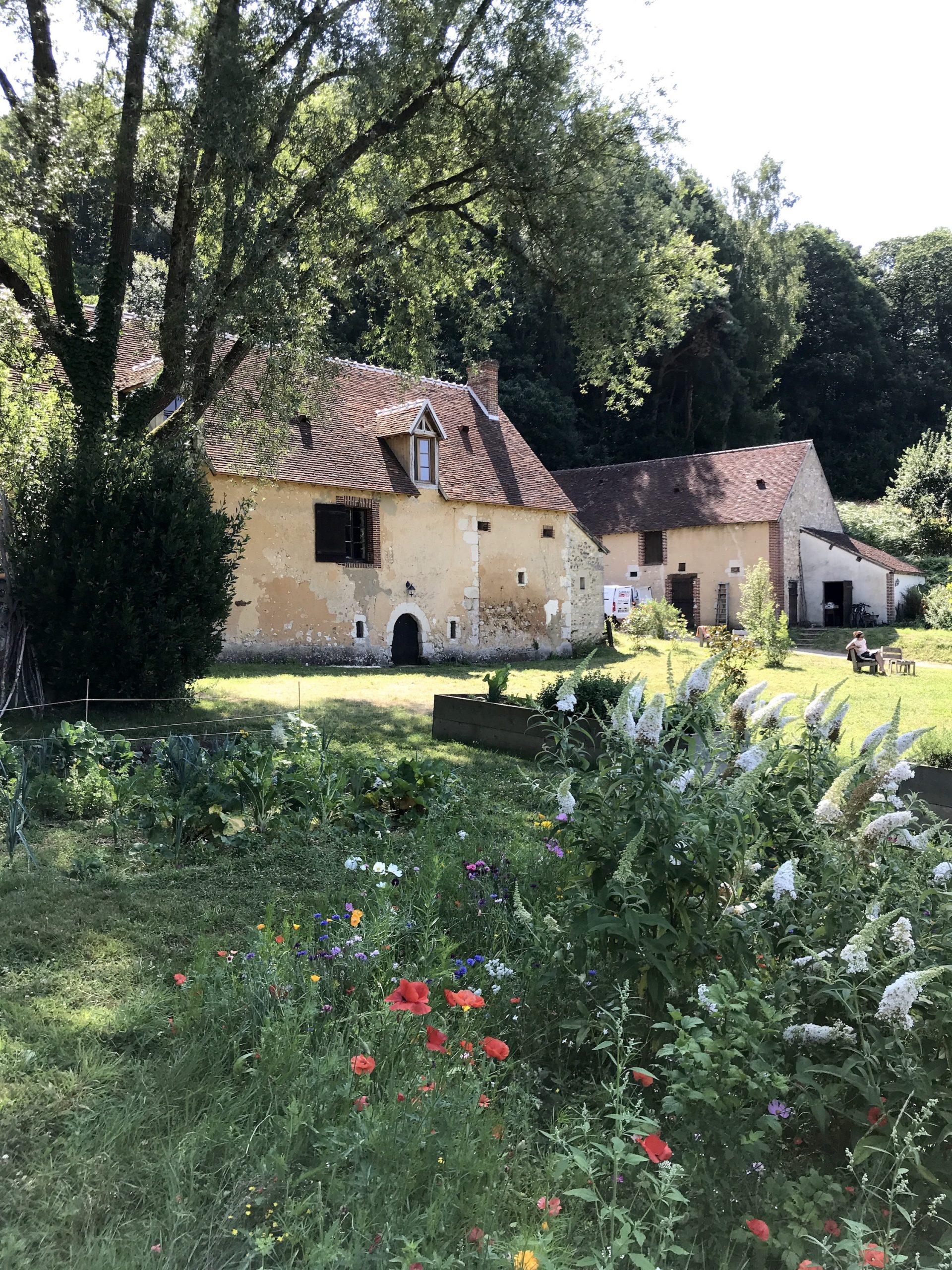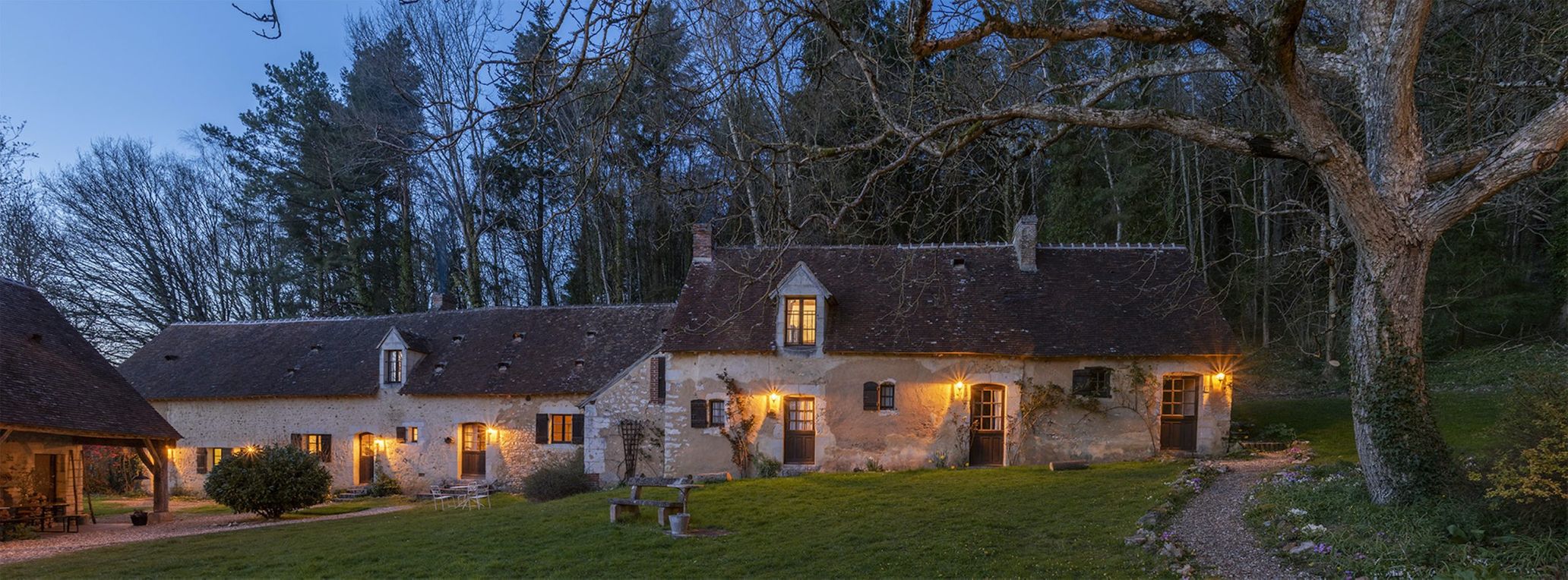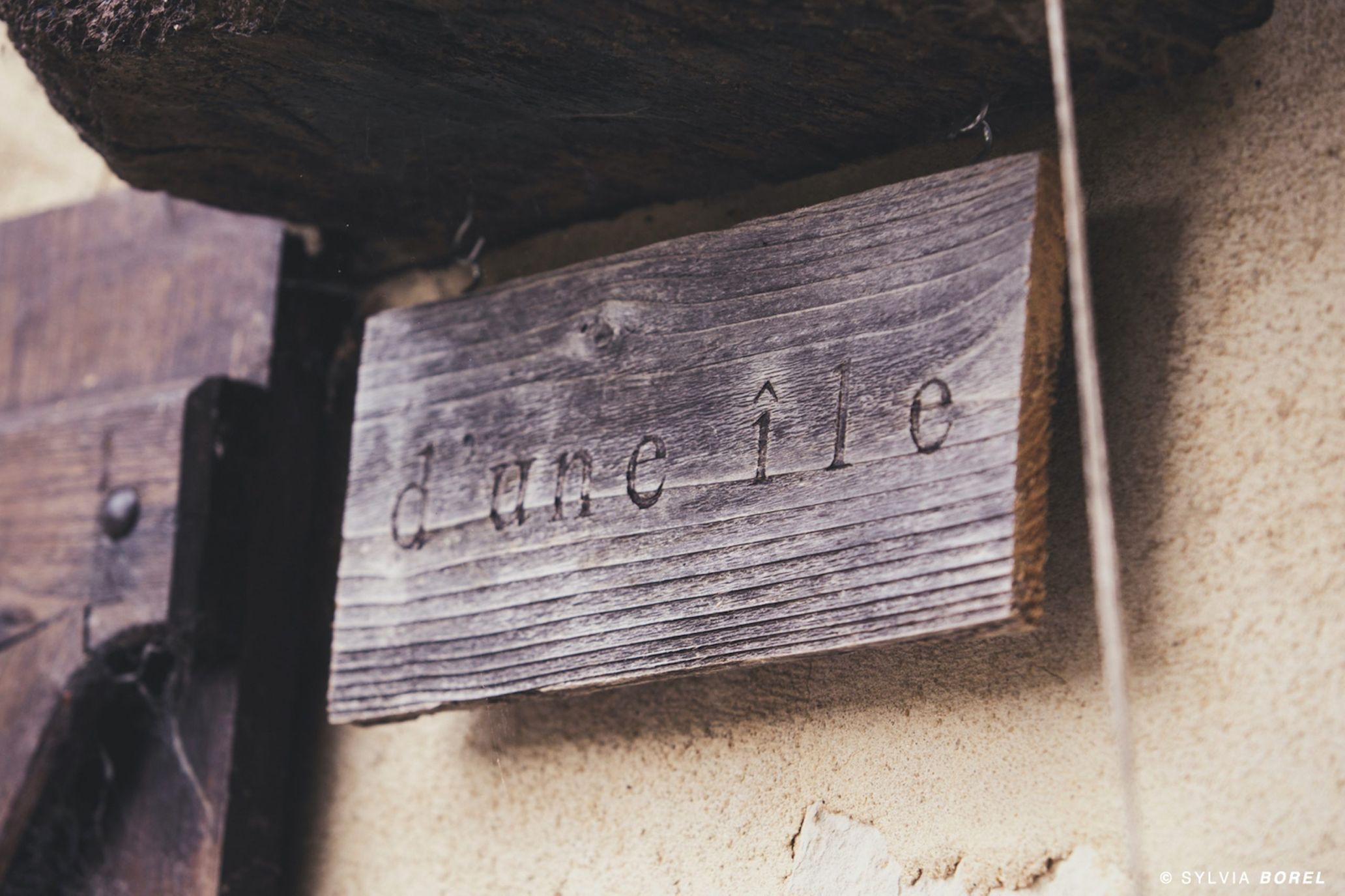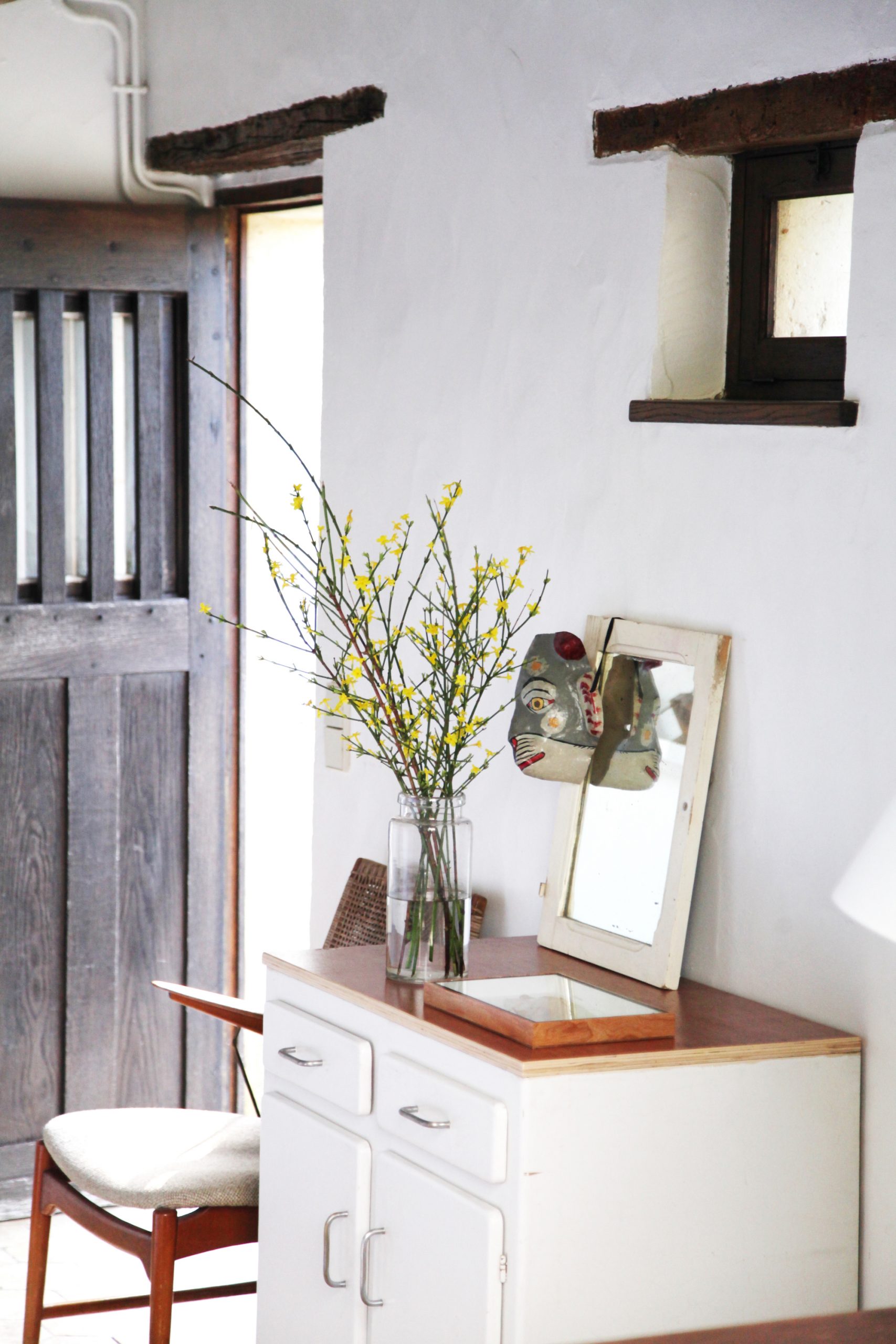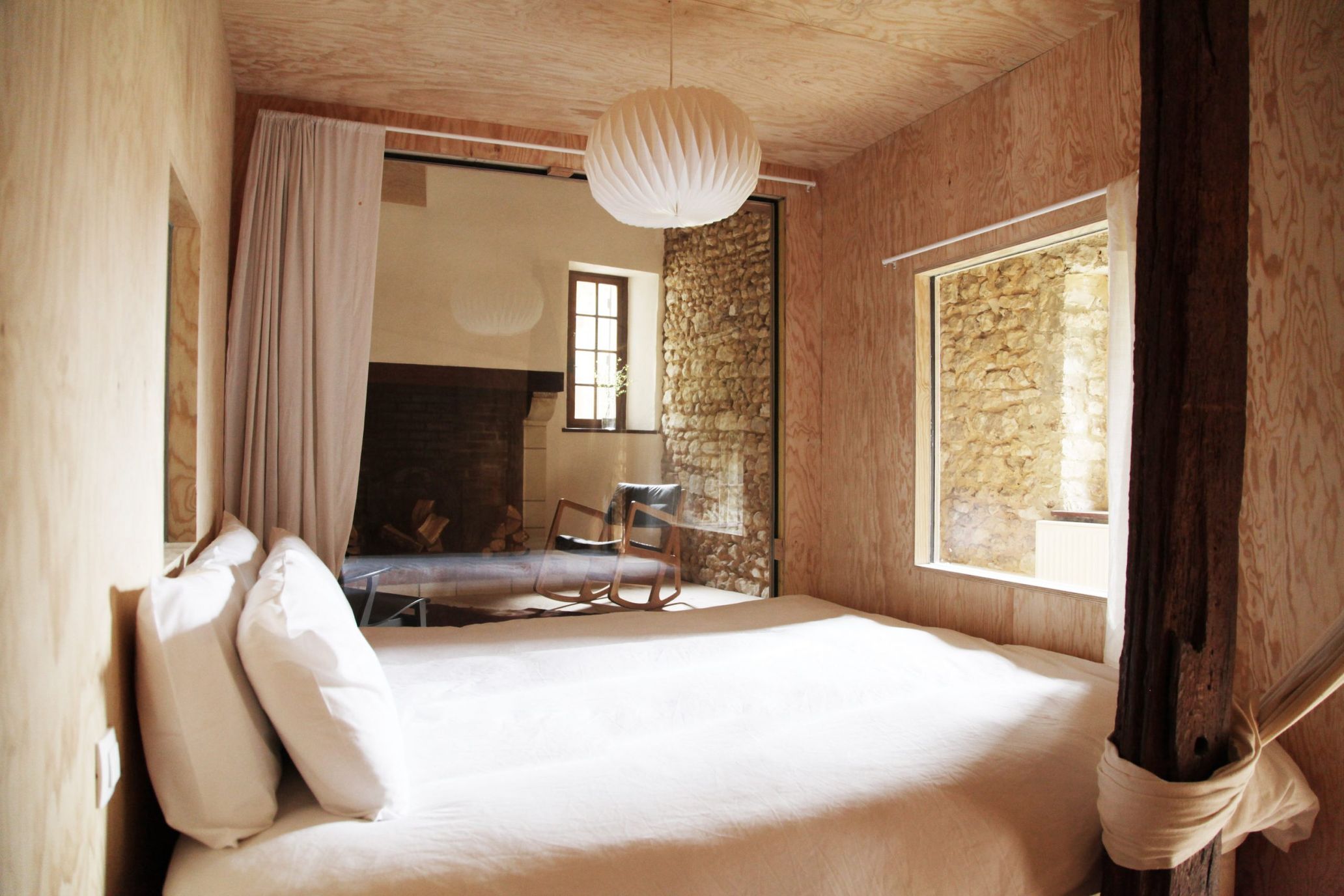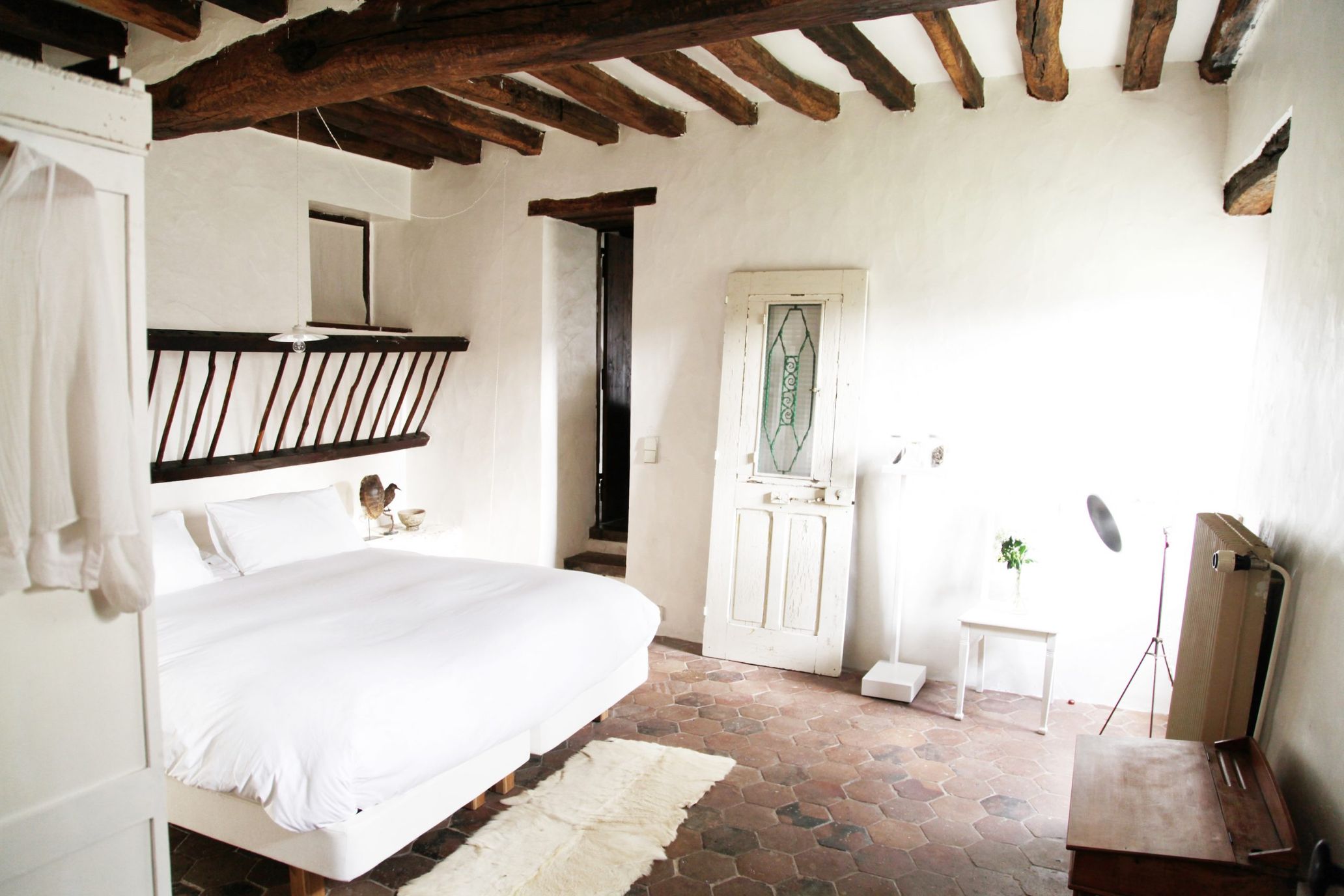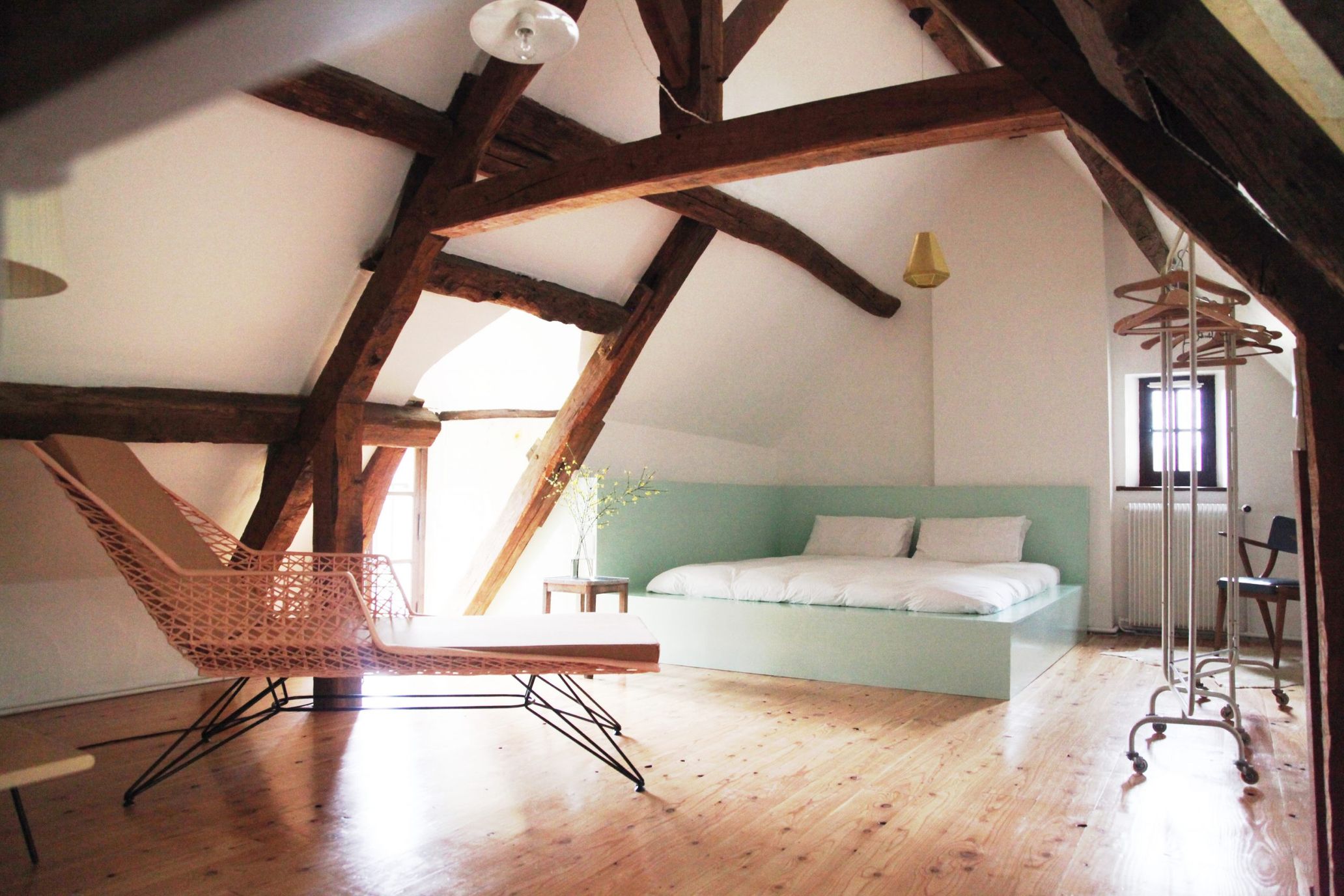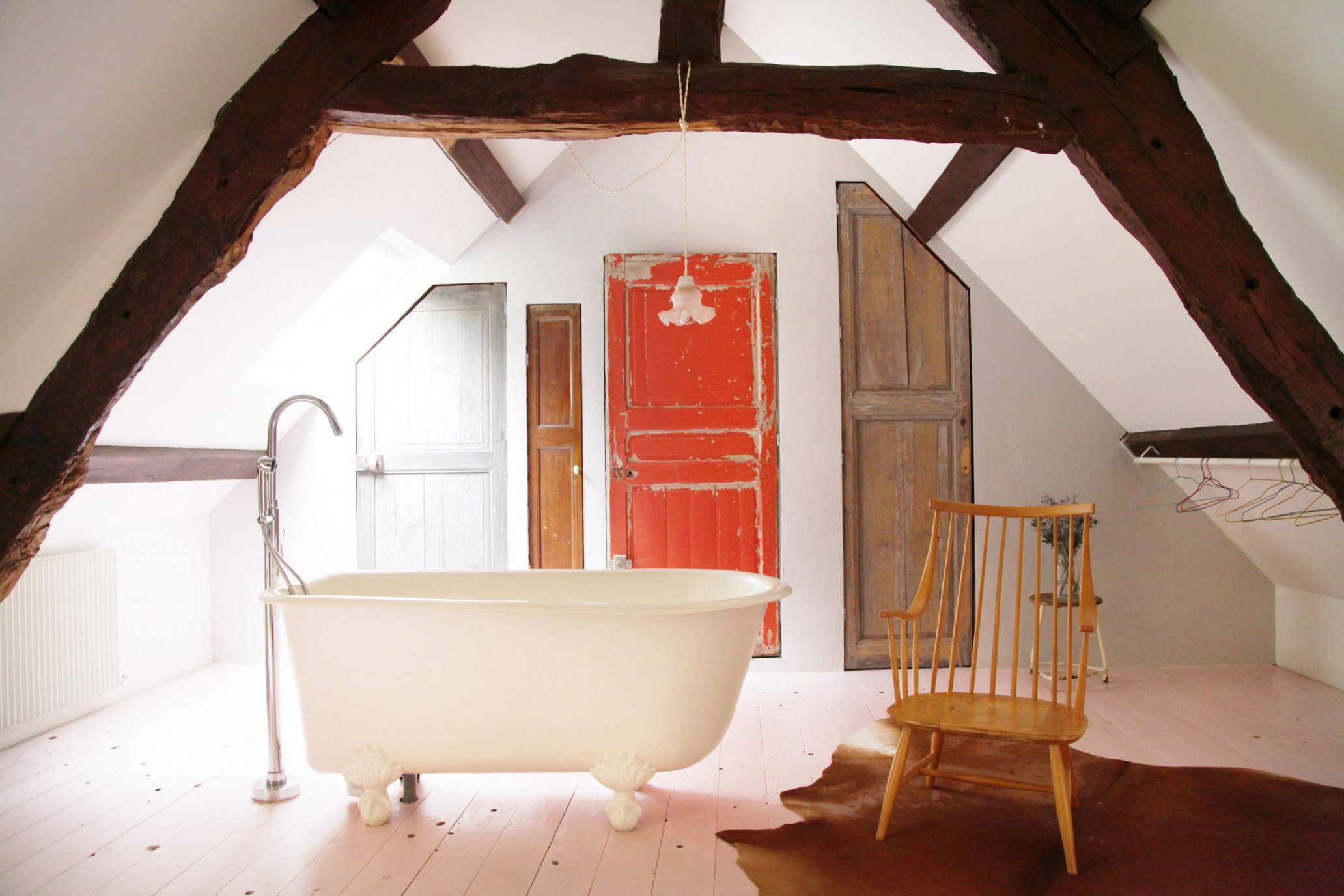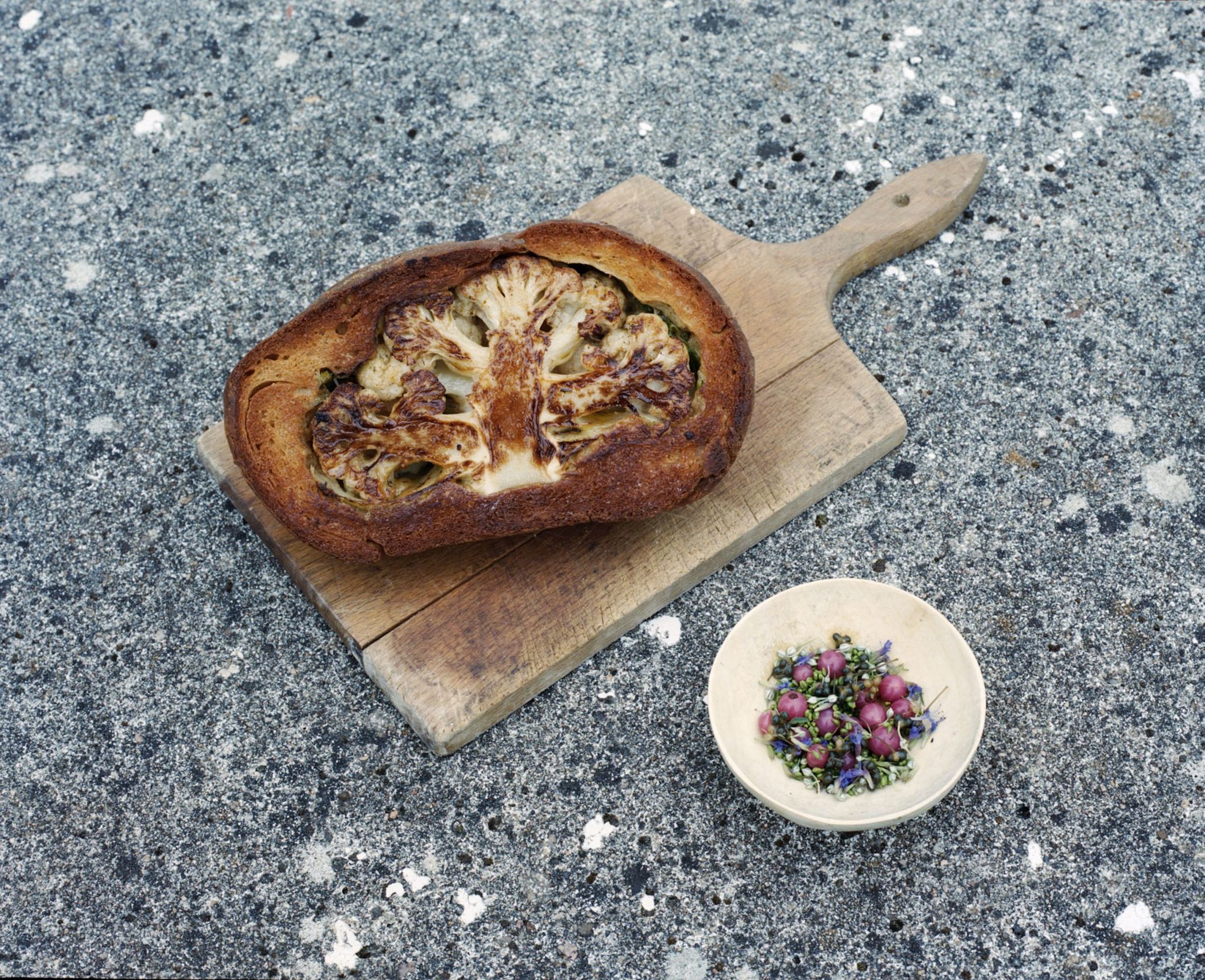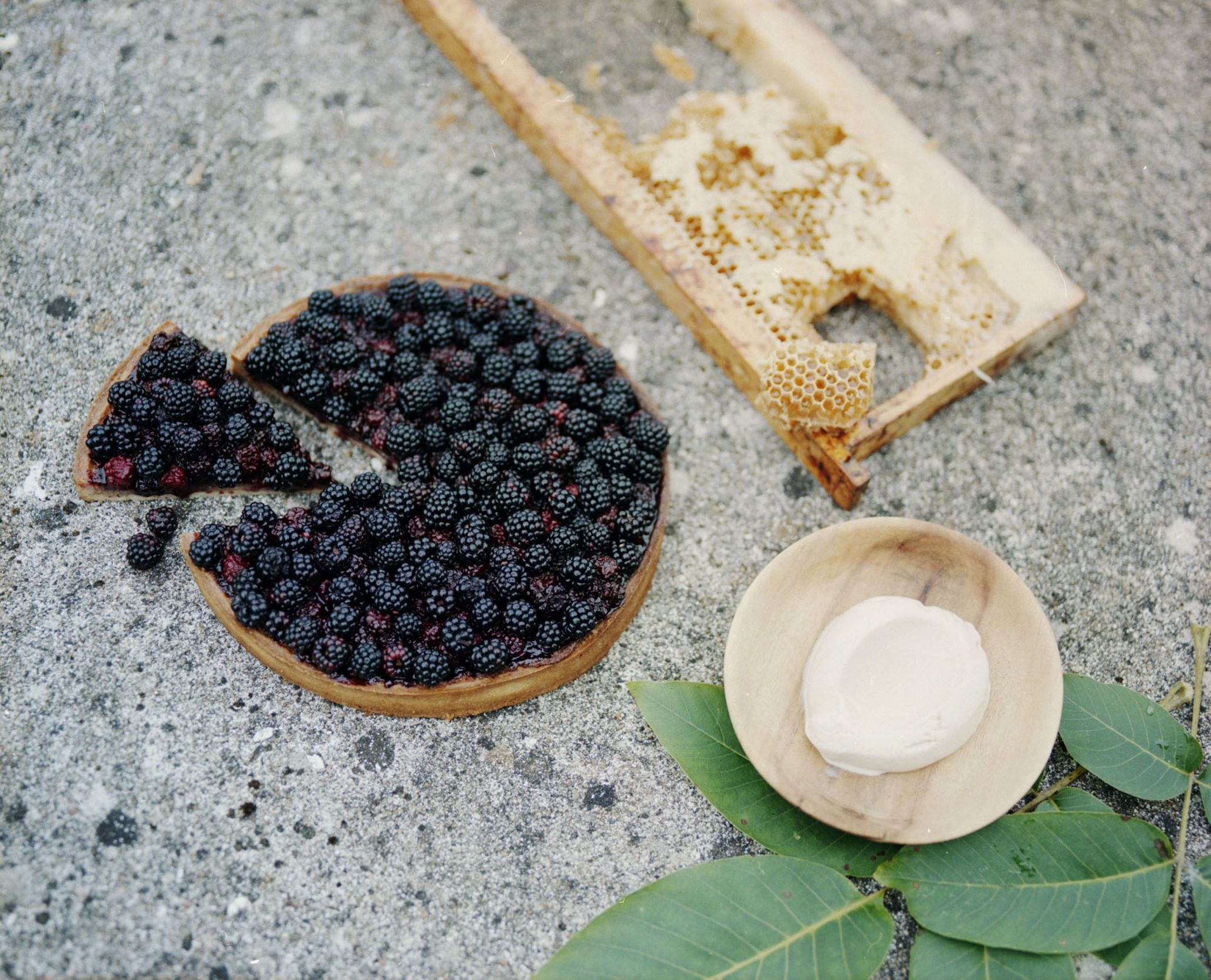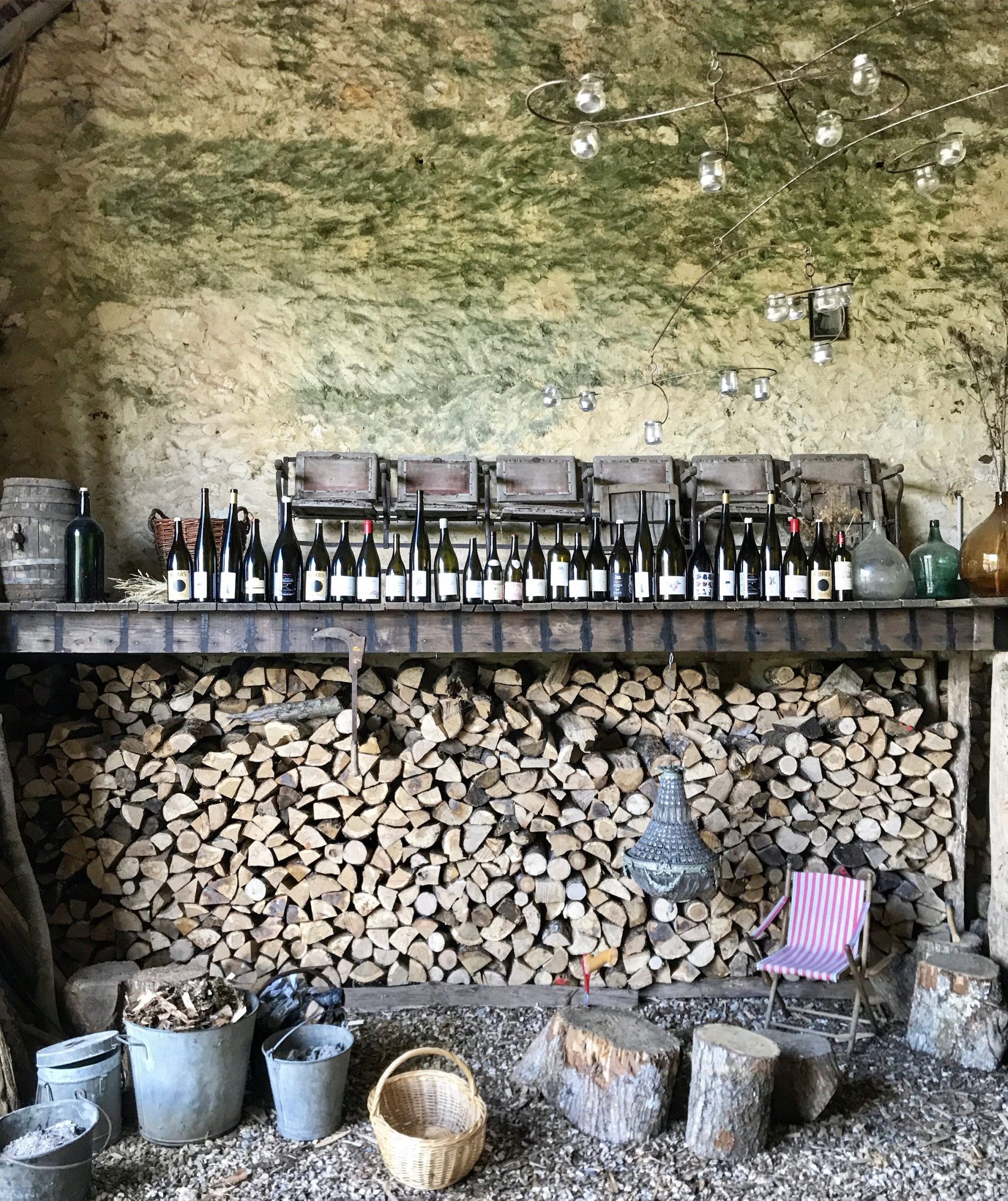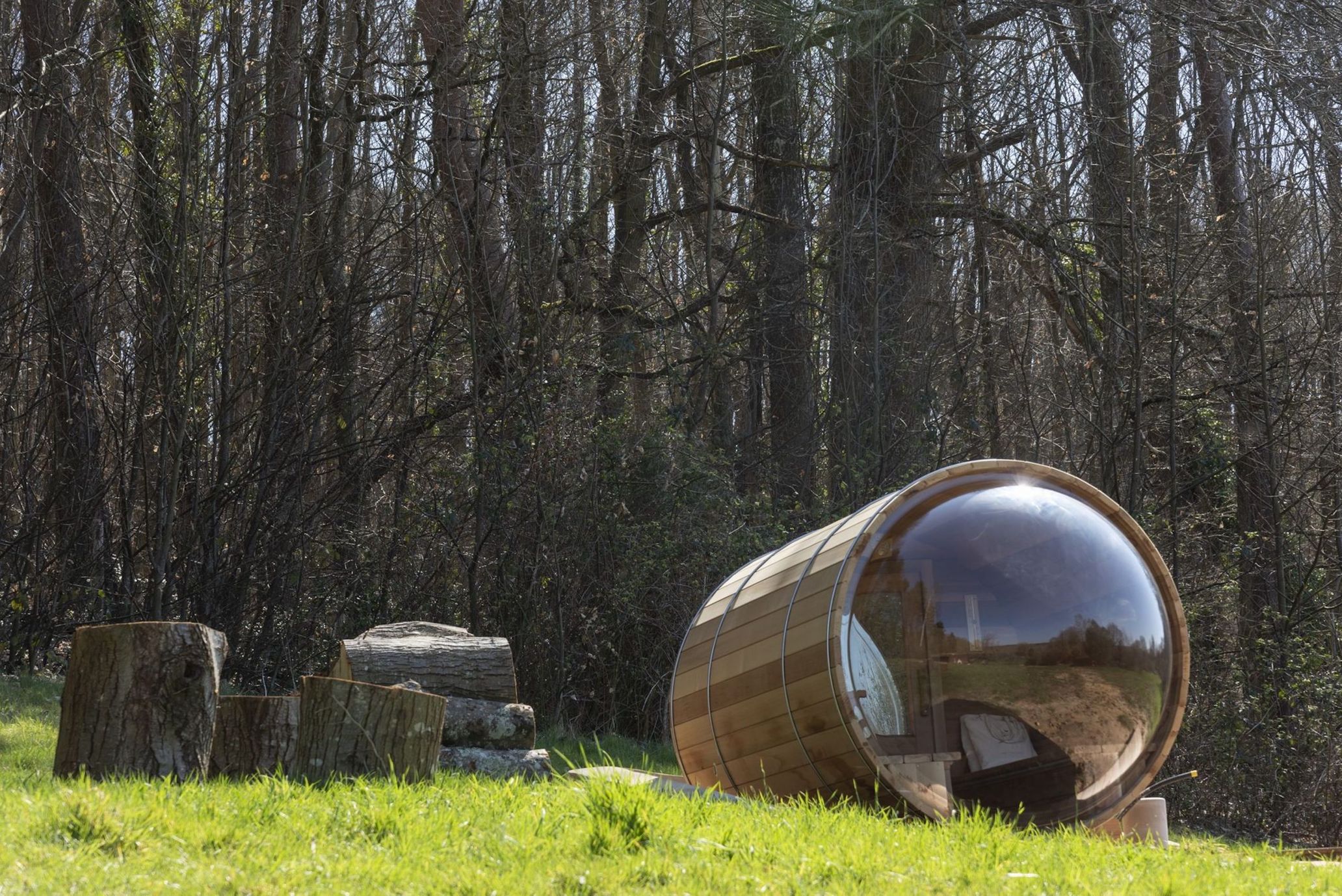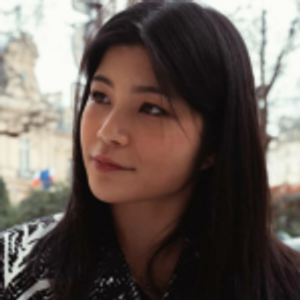In France in June, when the lockdown was over, there was a lot of talk about whether we could take a summer vacation as usual and where to go for domestic travel. There was no idea of returning the vacation to complement their works during the lockdown, and the Parisians spent about a month in the countryside from July to August. This summer in Paris, where there are few tourists, has calmed down. Different from the usual year is the place that Parisians chose as their vacation destination. Of course, the beautiful beach is popular, but a lot of people went green and stayed the hotel in the countryside. The experience of restrictions on going out has changed the way people perceive spaces, such as their relationships with nature and personal freedoms.
According to a survey conducted by IFOP in April, “outdoor space” was listed as the number one requirement for living space by French people, and 81% of French people answered that outdoor space is the most important such as gardens, terraces and balconies. With many companies continuing to telework, the need to live in urban areas has diminished, and living in rural, spacious, detached houses with gardens has emerged as a viable option. Spending about two months of lockdown in a small apartment in Paris or in a rural second-house area may have inspired them to rethink their ideal way of living and contact with nature. In Japan as well, from May 25 to June 5, when the state of emergency was completely lifted, the Cabinet Office conducted a survey of 10,000 people. As a result, 24.6% of those who had experience in telework are interested in moving to rural areas. In particular, those in their 20s living in the 23 wards of Tokyo gave a high figure of 35.4%.
It’s no wonder that French people are more likely to choose hotels in green as vacation destinations that can maintain their personal space in the vast natural scale rather than the densely populated resorts. The long-established hotel “Troisgros”, located in the rich nature of Roanne in central France, is a longing place that French people once want to visit. This summer, it seems that there were many people who visited there as a reward after lockdown.
Photography Marie-Pierre Morel
Their restaurant has been awarded three-Michelin-stars for more than 50 years since 1968. The third generation Michel Troisgros is now the current chef who has been preserving the tradition and history of French cuisine. When it reopened in June, about 95% of their customers are French and 5% are from Belgium and Switzerland. As a new attempt, they served a special menu of 120 euros (including drinks) for people under the age of 35, it gave many young people the opportunity to experience gastronomy at a reasonable price.
“I notice that customers are more attentive and careful towards us as we are towards them. They are not only cautious about what is put in place to protect them, but also interested in knowing how we do, how we work. They have empathy for us. I have the impression that there is mutual empathy, that we share the same difficult situation,” Michel said the differences of customers between before and after the pandemic. Moreover, he realized a lot about the society. “We live in fragile society and that companies can be fragile too. There is an interdependence between both. In our work, the effect of the pandemic reinforced our collective spirit.”
Photography Marie-Pierre Morel
His father and the second chef, Pierre, is known as the first French chef to visit Japan. Michel first visited Japan 45 years ago and was inspired by Japanese cuisine and culture early in his career. “I didn’t want to create a particular concept, but I was naturally attracted by candied ginger, wasabi, yuzu, sudachi and umeboshi etc. Poached cod in a dashi koshihikari rice; one of my first dishes in this spirit with a lot of success” said Michel. The taste is inherited from prior generations, and “Troisgros” has maintained their history as a special place to heal people’s minds and bodies.
Photography Marie-Pierre Morel
On the other hand, since three years, there is a trend in France toward the opening of a new lodge hotel that stands in a small space in nature. “D’une île” is the most popular one among foodies, located in the countryside in the Perche region. As Head Chef of bijou bistro Septime, Bertrand Grébaut and his business partner Théo Pourriat had opened the hotel in 2018, who are at the helm of this wildly bucolic country house with its yellow stones, its charming bards, its vintage decoration and its islets where you can relax in the garden far from everything. Their original meals made with products from the on-site vegetable garden and local Normandy farmers. Here, too, the inspiration comes from Japanese food as Bertrand said, “we use some Japanese elements in our kitchen such as smoked vinegar, miso and katsuobushi. I feel very close to some aspects of their philosophy such as the esthetic sleekness, the discrete elegance, the wabi sabi concept.” Although France still has few tourists from overseas, “D’une île” was thriving by domestic travelers, “we had more local customers that were happy to be able to enjoy a nice weekend in the country side again,” said Bertrand.
3, 4. An abandoned 17th century house with antique furniture in the rooms © D’Une Ile
5-8. Room interiors ©D’Une Ile
9.Cauliflower brioche ©Alexandre Guirkinger
10.Blueberry tart ©Alexandre Guirkinger
11.A popular natural wine in France ©Theo Pourriat
12.Sauna ©Christian Braut
Over the last few years, the values of life have shifted from material affluence to experiential affluence, and the pandemic has further boosted it. It is difficult to define how society should be in a situation where the outlook remains uncertain due to changes in the way of working, living, and consumption trends. Both Michel and Bertrand said, “we are still in the middle of a pandemic; it’s not over.” The future in which the pandemic of COVID-19 has converged must be full of beautiful changes. The only thing that hasn’t changed in the future is the high expectation that French people have for vacations.

